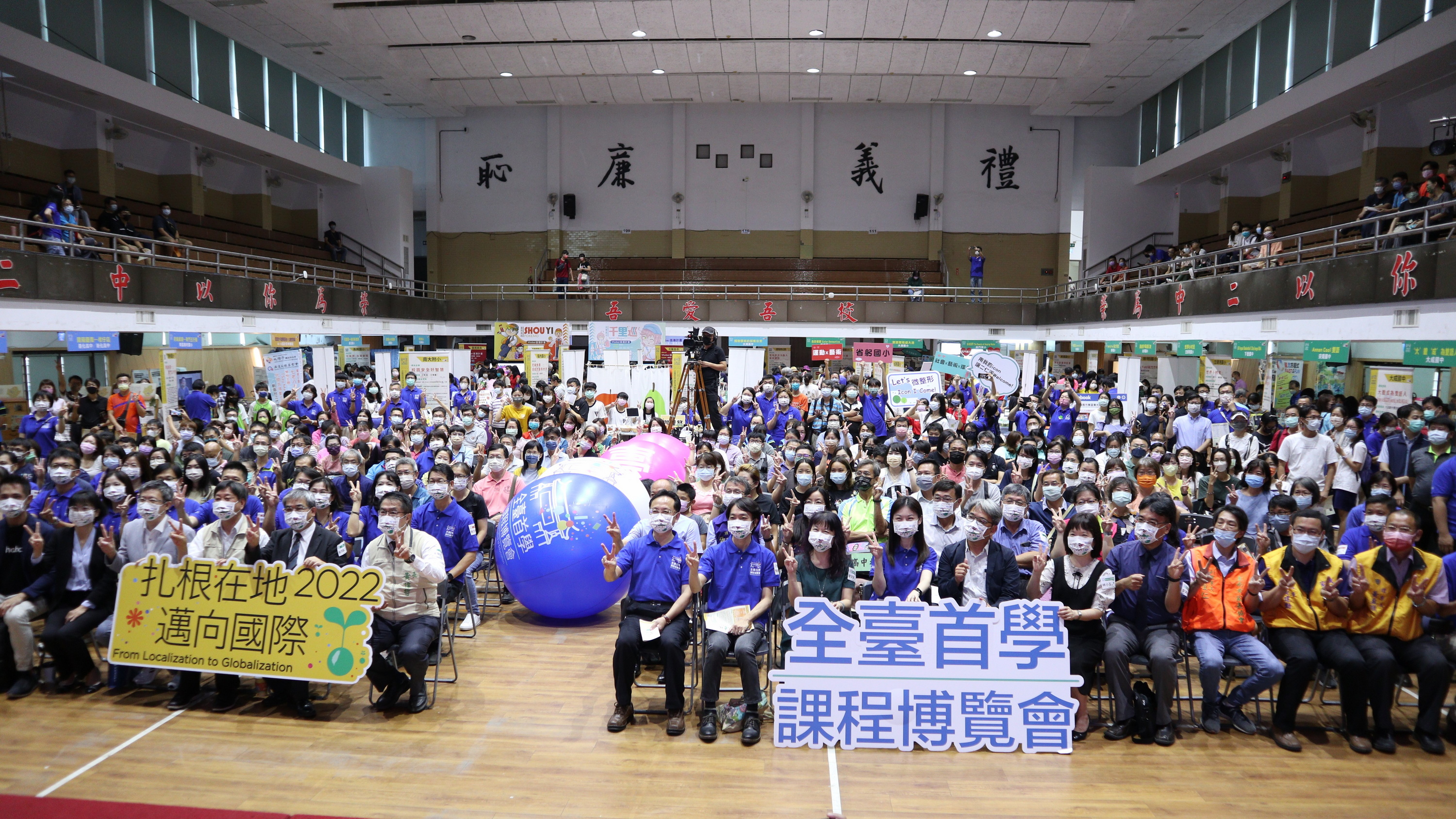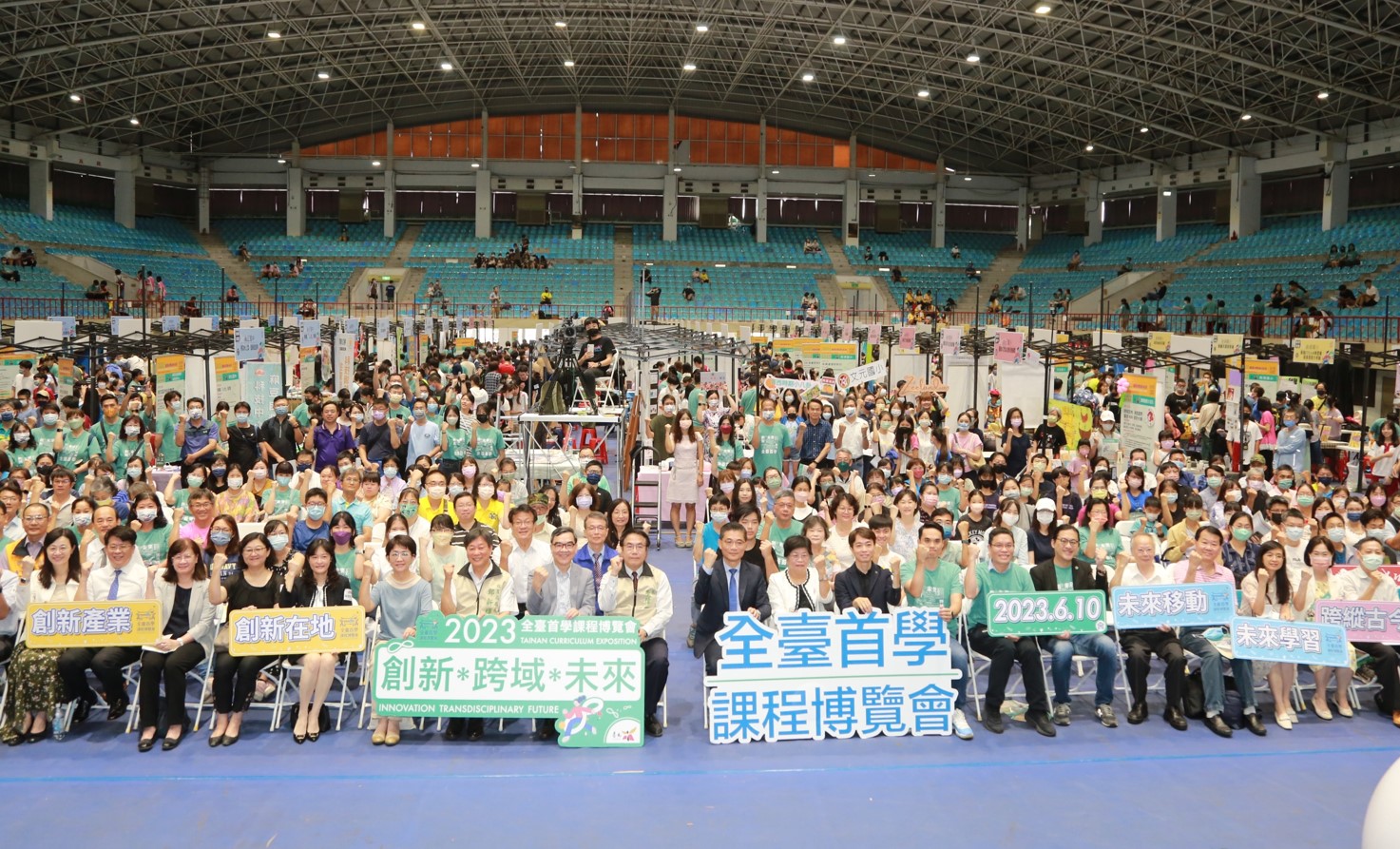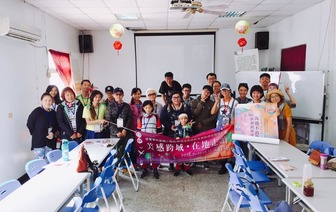2022 Taiwan Cross-Domain Aesthetic Education International Forum—Sustainable Development of Aesthetic Education in the Era of Epidemic
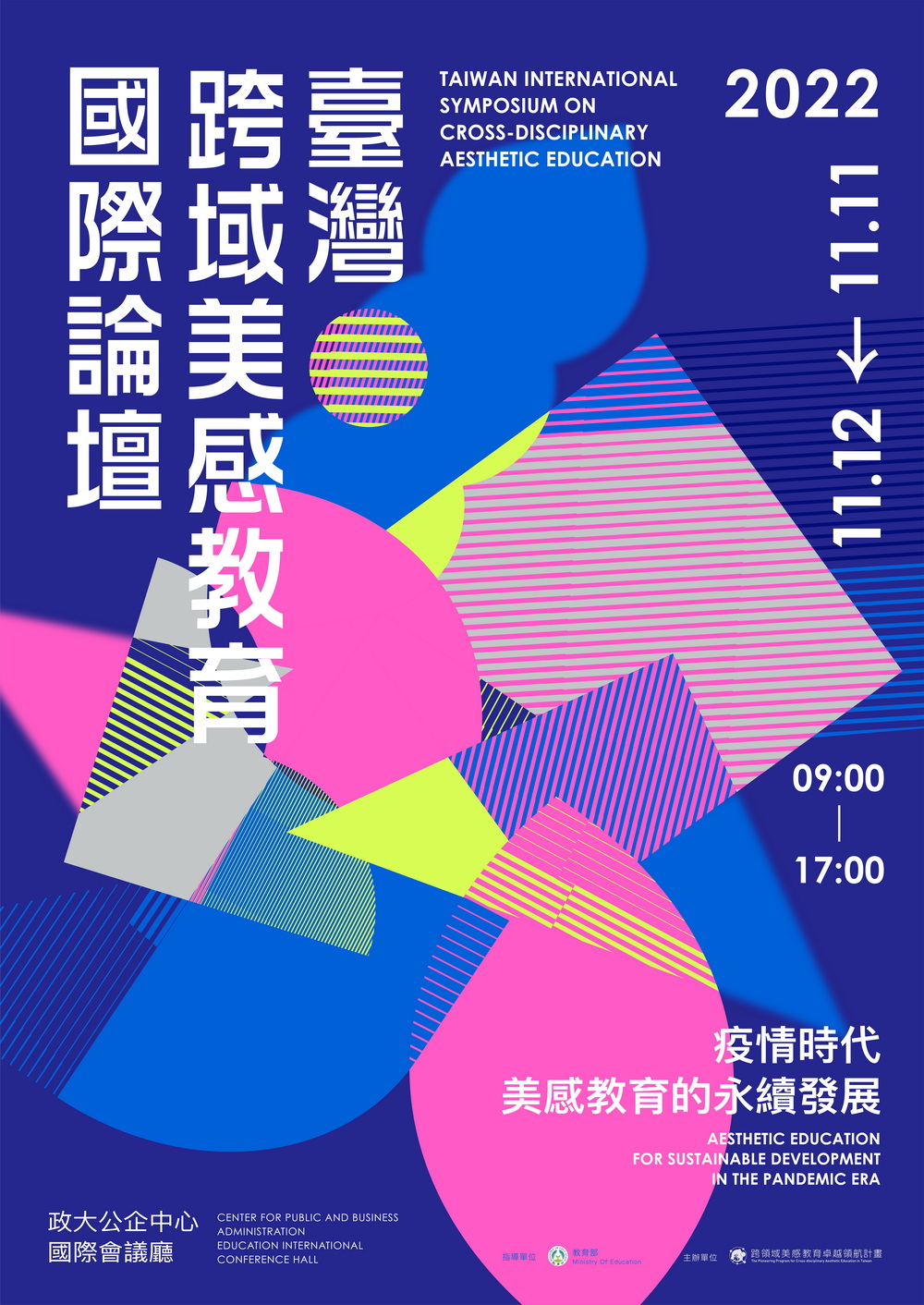
Special speech x round table forum x course sharing x case sharing x citizen forum x aesthetic inspection
Time|November 11th to 12th (Friday to Saturday) 09:00-17:00
Location|National Chengchi University Public Enterprise Center (No. 187, Jinhua Street, Daan District, Taipei City) There is also online Facebook and Youtube live broadcast!
This forum was held from November 11 to November 12, 2011, with the theme of "Sustainable Development of Aesthetic Education in the Era of the Epidemic". It mainly discussed the international response practices and development trends of aesthetic education in the era of the epidemic. It is also hoped that through cross-domain exchanges during the forum, we can further understand teaching and learning-related issues such as the self-empowerment and empowerment of teachers by the aesthetic education project and the experience and process of students' aesthetic learning. It is hoped that through the exchange and sharing of aesthetic education practices at home and abroad, the experience accumulated in the current project will be deepened, and the research and development of aesthetic education will be promoted, so that the project will continue to grow and move towards sustainability.
Special Lecture I Visual Arts Education: Divergent Models
Introduced by | Zhao Huiling, Professor of the Department of Fine Arts, National Taiwan Normal University / Host of the Cross-Field Aesthetic Education Excellence Pilot Project
Speaker|ELLEN WINNER Emeritus Professor of Psychology, Boston College, USA
In this lecture, Professor WINNER will introduce the ideas and methods of visual arts education, and discuss her research on visual arts education conducted at Harvard University’s “Project ZERO” research center. In addition, Professor WINNER will explain the concept of "STUDIO THINKING" she developed, that is, the multiple thinking modes developed by learning a certain art medium, such as critical thinking, creative thinking, etc., can transfer learning and practice in other art media .
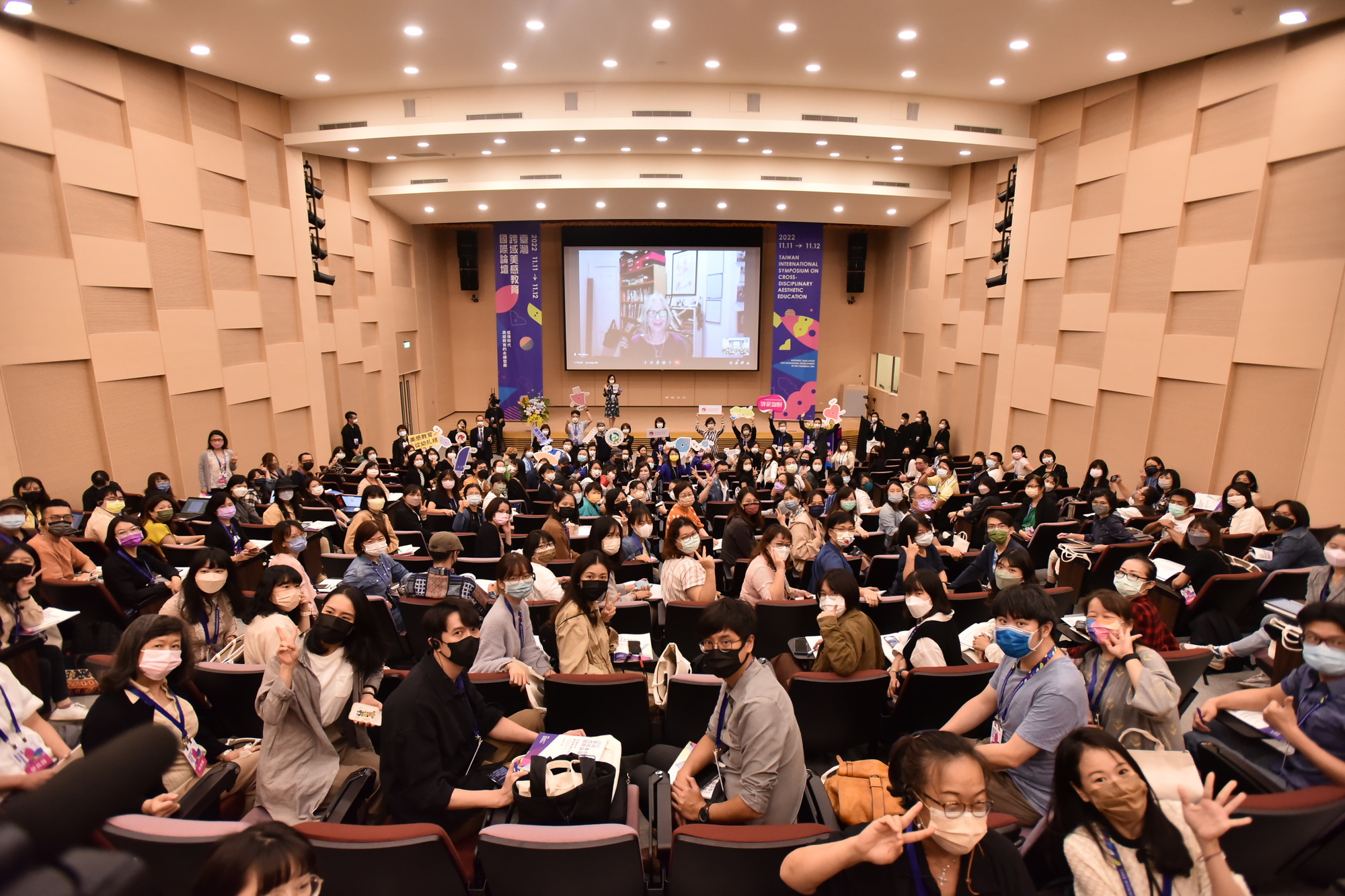
Special Speech II Characteristics of Quality Art Education: Tips for Making Art Education Cake
Introduced by|Li Qichang, full-time professor, Institute of Arts and Humanities Teaching, National Taiwan University of Arts
Speaker|Robin Pascoe, Honorary Researcher, School of Health and Education, Murdoch University, Australia
In this lecture, Professor Pascoe will introduce how to work with art teachers to help them better understand art education, and assist them in developing and promoting related courses.
To make a good cake, it’s not just about listing the ingredients, and it’s certainly not about mixing the cake batter and baking the cake; the important thing is that in the process of making the cake, we are sincerely involved in it, and when the cake is finished and delivered to the mouth , we enjoy the pleasure and satisfaction it brings.
The theme set by Professor Pascoe for this lecture is not just a play on words, but also based on his commitment to promoting high-quality art education in both his personal life and professional career. So, what are the characteristics of high-quality art education? How to define "the best quality arts education"? What does this elusive concept of “quality arts education” mean?
This lecture will focus on art education in schools; although art education in schools is only a small part of social art education, it is of great significance to the well-being and health of the entire society.
Furthermore, the word "high quality" is often used in English, but there is no consensus on its meaning. Professor Pascoe focused on the "Quality of Art Education" on the uniqueness or particularity of art education and how we can identify good practices. In this regard, Professor Pascoe will share with us some perspectives from his research and experience, focusing on the standards of art education and how to measure its excellence thoughtfully and rigorously.
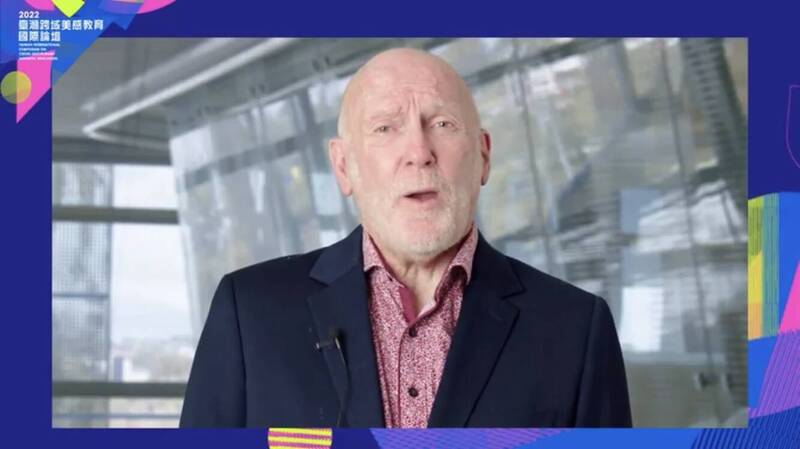
Roundtable Forum I: Response and Transformation of Aesthetic Education in Various Countries to the Epidemic
Introduced by | Wu Xiaoxia, Director of the Department of Teacher Training and Art Education, Ministry of Education
Host | Lin Xiaoyu, full-time professor, Department of Music, Taipei City University
Talking person|
- Janet Barrett/Endowed Emeritus Chair Professor, University of Illinois at Urbana-Champaign, USA
- Karen Neervoort/Dean of the School of Art and Performance at Fontys University of Applied Sciences in the Netherlands
- Kazuhiro Ishizaki/Professor of Art Department, University of Tsukuba, Japan
- Daniel Harris/Associate Dean for Research and Innovation, School of Education, RMIT University, Melbourne, Australia
Through experts and scholars in the field of aesthetic education from various countries, based on practical experience and research observations from their own roles, perspectives, etc., they share the two major topics related to "Overview of the Implementation of Art Education During the Epidemic" and "Response and Transformation of Art Education during the Epidemic" content, and compare the development of aesthetic education in China during the epidemic, and explore the development trends of international aesthetic education during the epidemic era.
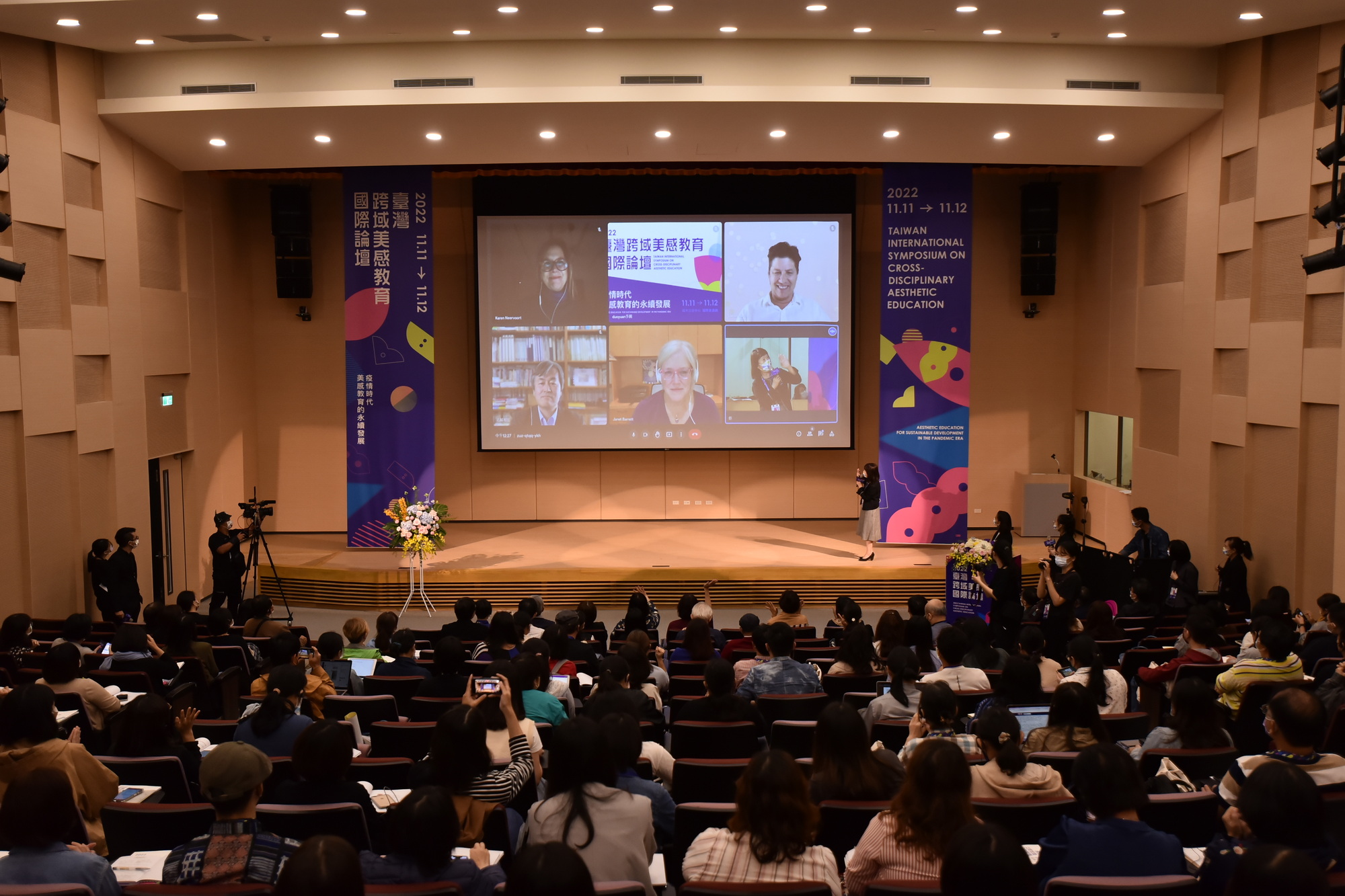
Roundtable Forum II Students’ learning experience and performance in aesthetic education
Moderator|Huang Chunmin, Professor, Department of Education and Institute of Curriculum and Instruction, National Taiwan Normal University
Talking person|
-
Wang Huimin/ Kindergarten aesthetic education grounded plan
Assistant Professor, Department of Family Studies and Child Development, Shiji University -
Wu Dairong/Art and Beauty - The Ministry of Education promotes the implementation of aesthetic experience education programs in primary and secondary schools
Assistant Professor, Institute of Arts and Humanities Education, National Taipei University of the Arts -
Lin Jingjuan/Aesthetics and Design Curriculum Innovation Plan
Full-time associate professor, National Taipei University of Technology -
Hong Yongshan/Asia-Pacific Aesthetic Education Research Laboratory
Researcher, Curriculum and Instruction Research Center, National Institute of Education, Taiwan -
Gao Zhenfeng/Cross-field aesthetic education excellence pilot project
Professor, Department of Visual Arts, Taipei City University
The forum agenda was planned by inviting team representatives from the Ministry of Education’s mid- and long-term aesthetic education projects to share the practical experience of their aesthetic education projects. Topics also covered students’ learning experiences, performance advantages and disadvantages, and challenges they faced, etc., and used their own The experience provides relevant suggestions on the promotion of aesthetic education in the future, and promotes the cultivation of students' civic aesthetic education or even global aesthetic education.
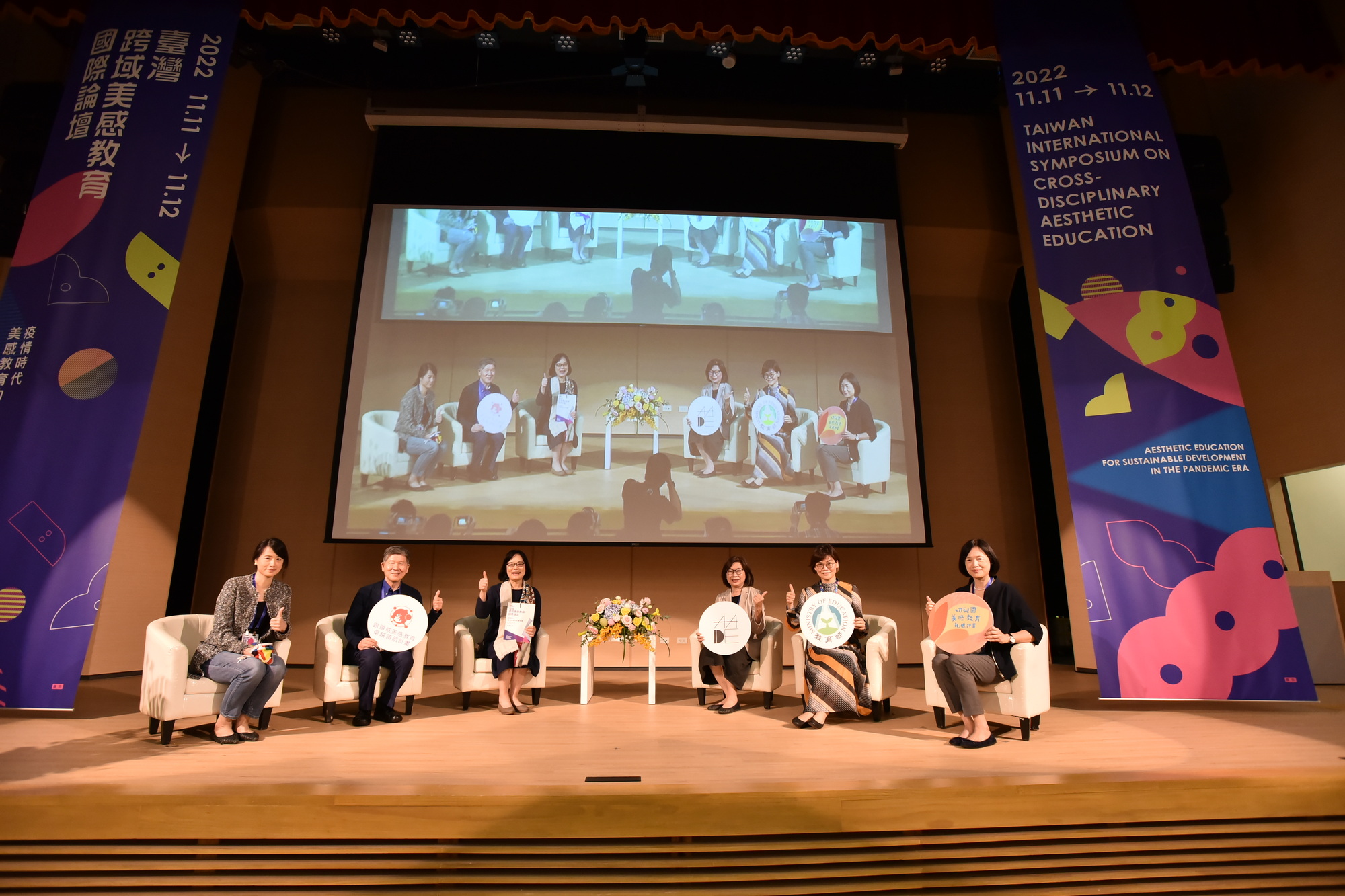
Aesthetic education course sharing
Chinese, mathematics, society, nature, these familiar subjects, if they are multiplied by art, what kind of sparks will be produced? Sharing actual teaching cases in 12 schools to deepen understanding of cross-field courses! Questions and answers on teacher training and cultural education courses to understand the changes brought about by experts entering the school on the teaching scene; there is also the creation of topic-based cross-domain courses. How can the integration of social issues increase students' learning stimulation? Let experienced teachers share the above!
-
The fusion between language and art
Moderator|Associate Professor Luo Shilong (Department of Chinese Literature, National Tsing Hua University)
Shared by|National Chiayi University Experimental Elementary School, Tainan Municipal Jiufenzi Elementary and Middle School, National Nantou Senior High School
-
The intersection of mathematics and art
Moderator|Associate Professor Lai Yiwei (Department of Electrical Engineering, National Taiwan Normal University)
Shared by | National Taipei University of Education Experimental Elementary School, Tainan Municipal Jiali Elementary School, National Hualien Advanced Industrial Vocational School
-
When social humanities meet art
Moderator|Associate Professor Shi Lanmei (Department of History, National Taiwan Normal University)
Shared by | Ludong Elementary School, Lukang Town, Changhua County, Taoyuan Municipal Yangming Elementary School, Kaohsiung Municipal Xiaogang Senior High School
-
Nature adds a spark of art
Moderator|Professor Liao Peijun (College of Life Sciences, National Taiwan Normal University)
Shared by | Miaoli County Toufen City Xinyi Elementary School, Changhua County Changxing Elementary School, National Keelung Girls’ High School
-
Teacher training cross-domain course Q&A
Host|Professor Wu Hongyi (retired) (Department of Music, National Pingtung University)
Sharers|Director Meili Kuo (General Education Center, National Taitung University), Professor Zhang Yushan (Department of Science and Technology Application and Human Resources Development, National Taiwan Normal University), Assistant Professor Chen Junwen (Institute of Arts and Humanities Education, National Taipei University of the Arts)
- Issue-based cross-domain course creation
Moderator|Professor Luo Yarou (Department of Dance, National Taiwan Sports University)
Shared by|Ciwen Elementary School in Taoyuan District, Taoyuan City, Hualien County Guofeng Elementary School, and Kinmen National High School
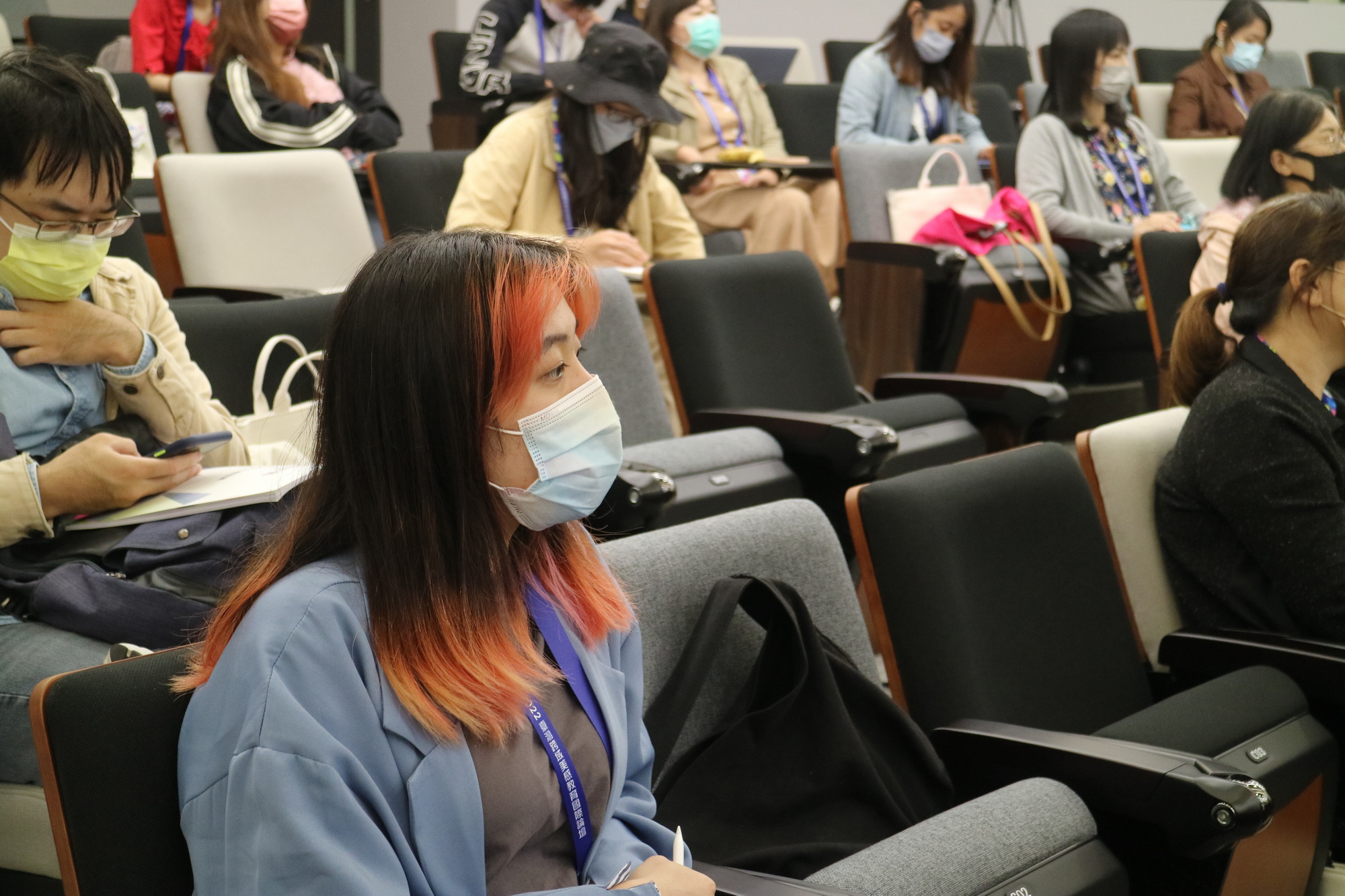
nature 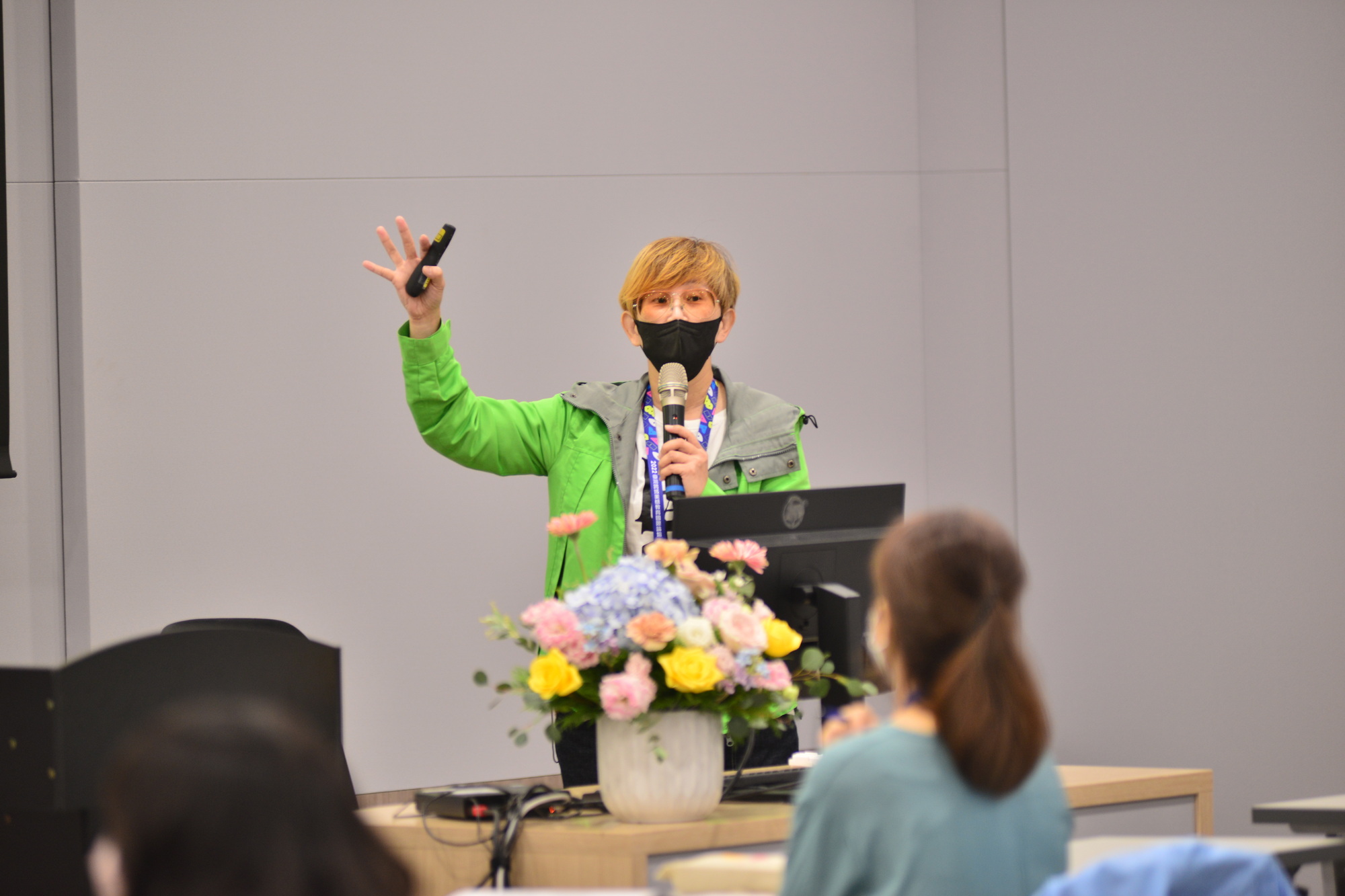
society 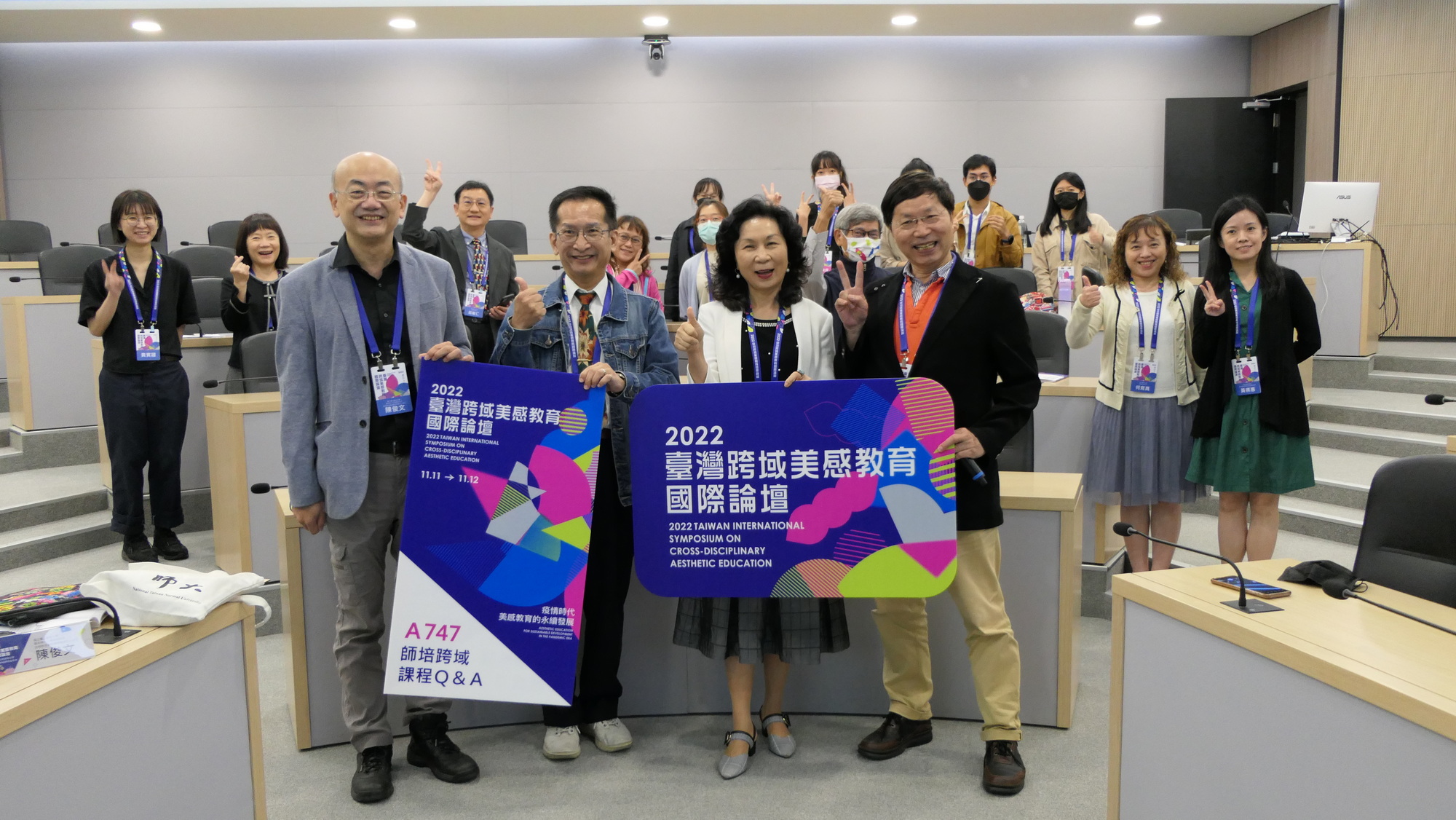
Teacher training 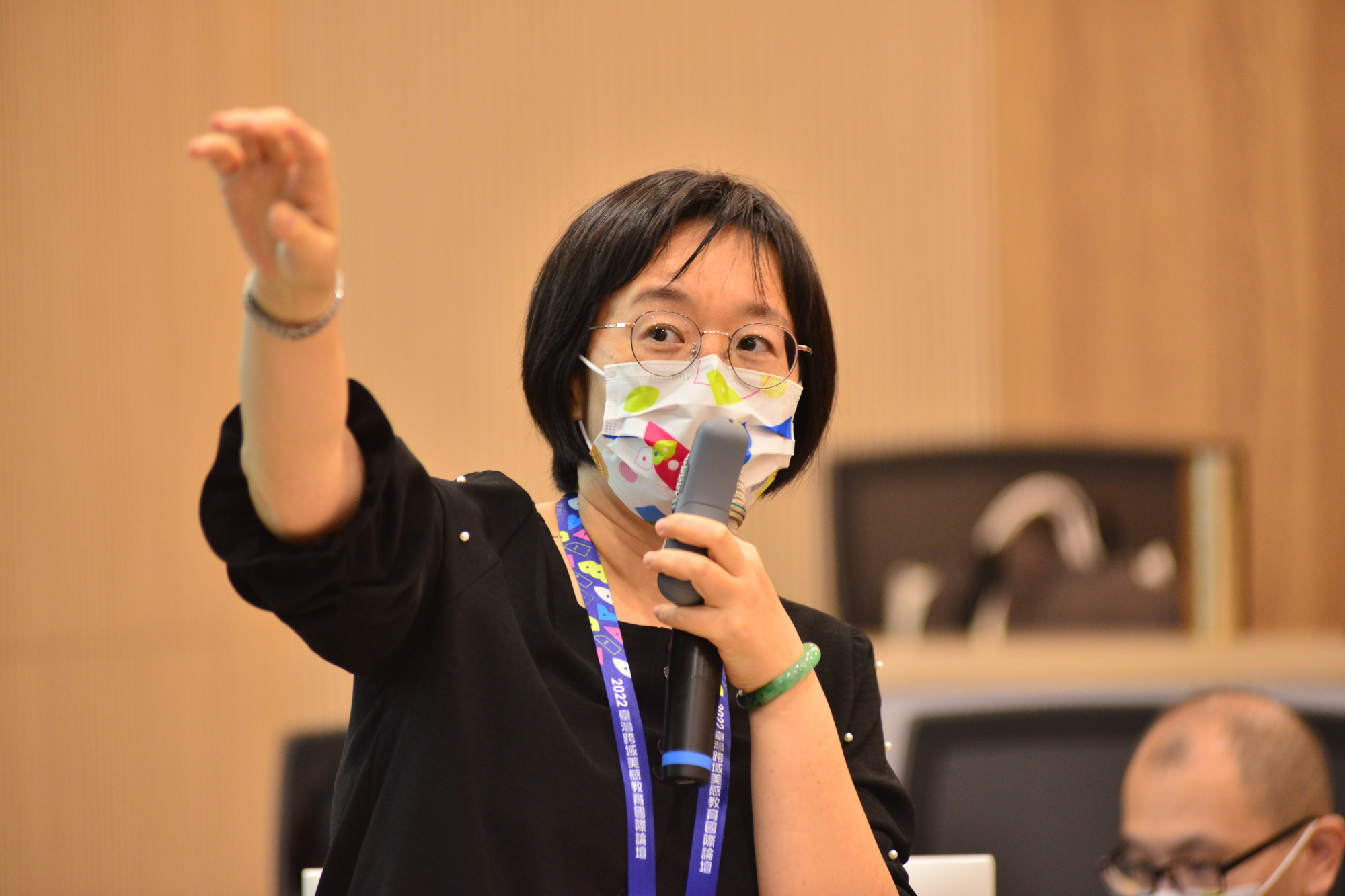
Chinese 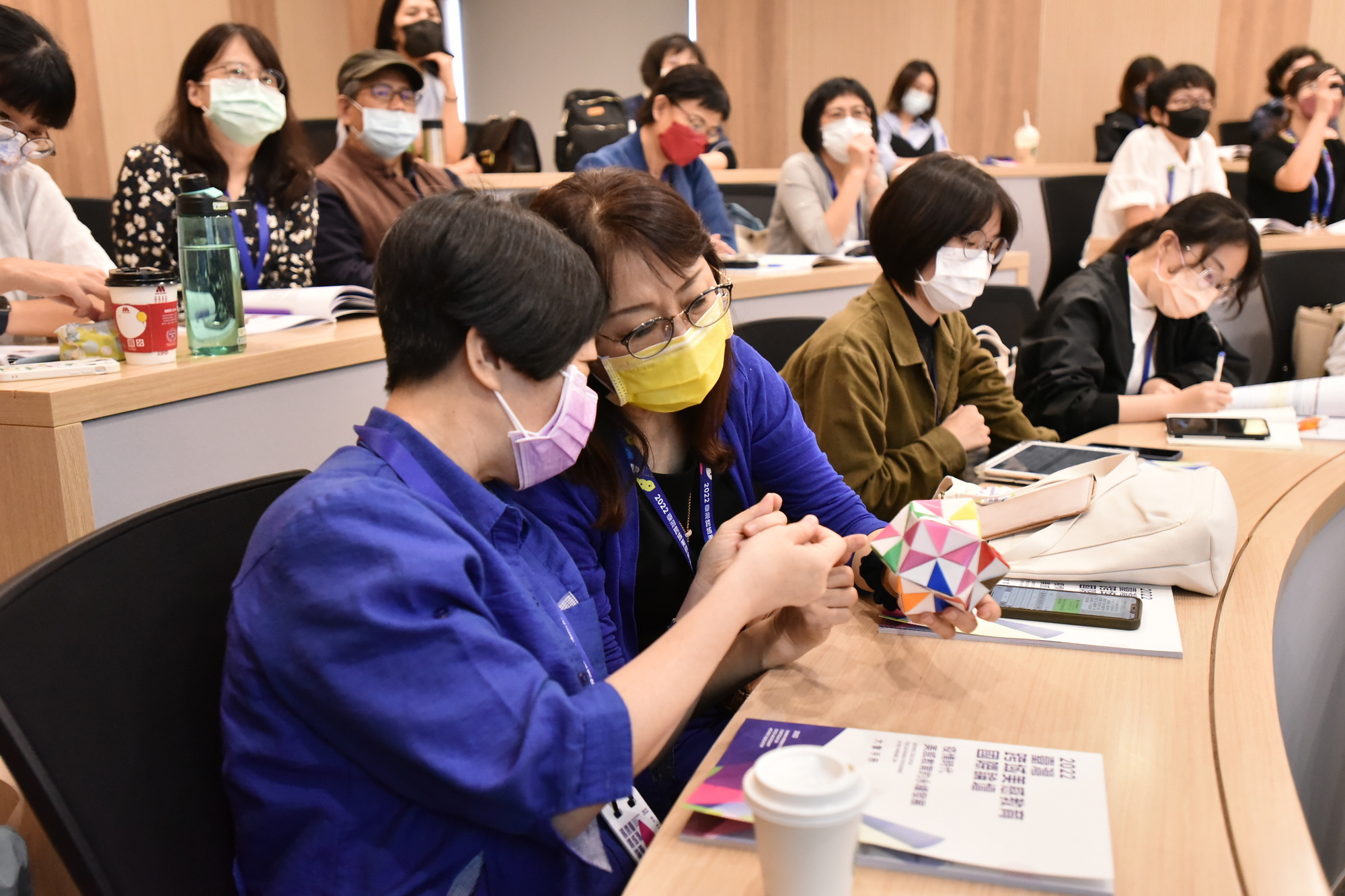
math 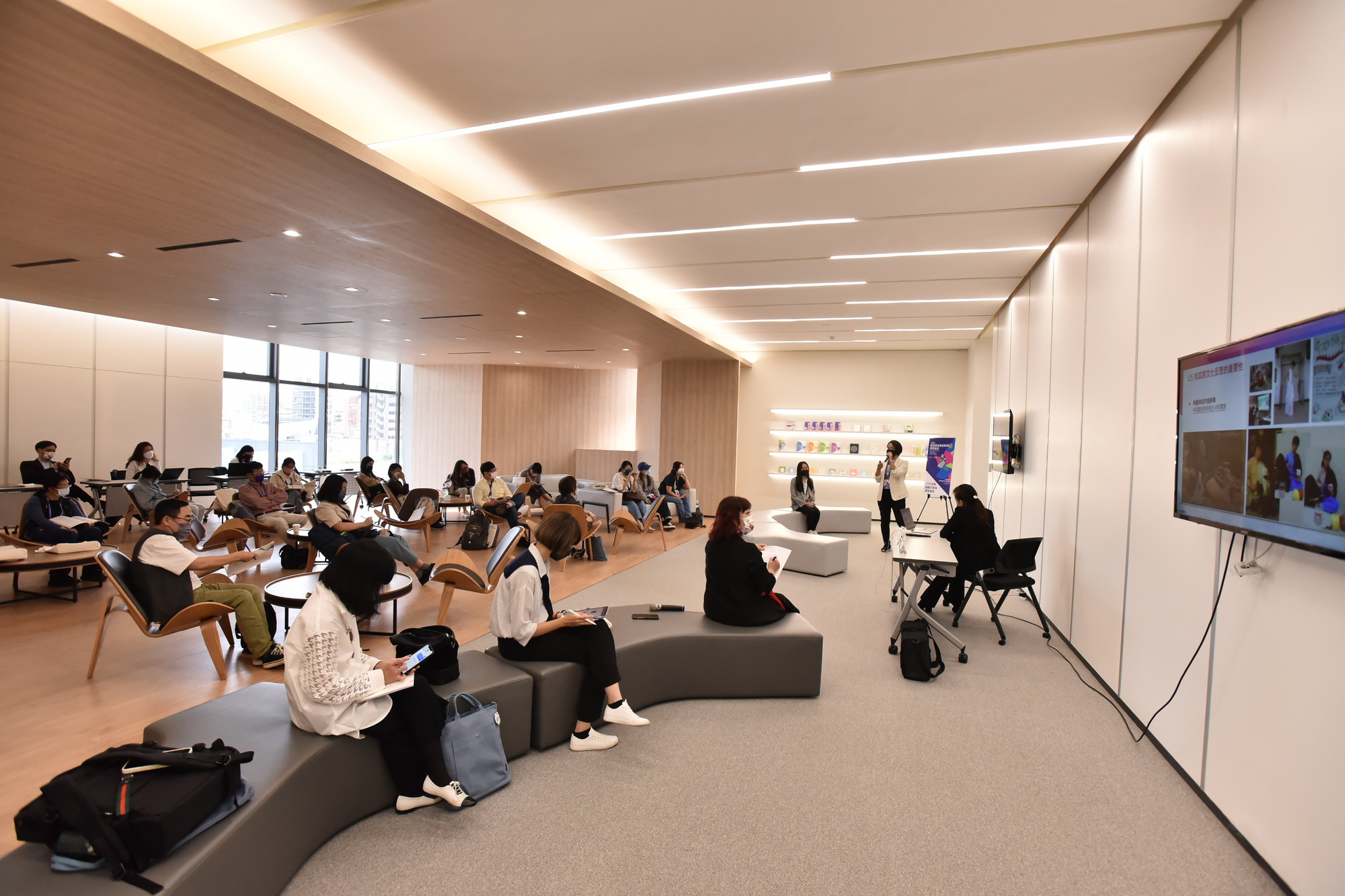
issue
Aesthetic education case sharing
Aesthetics is not only learning in the classroom, but also the spiritual source of life after class. What are the cases of aesthetic education in different learning stages such as early childhood, primary and secondary schools? Campus environment, design experience activities, urban aesthetic maps... What are the actual cases and results of aesthetic education from different aspects? In the era of the epidemic, what are the possibilities for beauty projects? Let the leaders of each aesthetic project and the teachers of the cooperative schools take you to find out the above exciting content!
-
Epidemic and Beauty Course Creation
Moderator|Professor Huang Chunmin (Department of Education, National Taiwan Normal University)
Sharing Plan|Asia-Pacific Regional Aesthetic Education Research Laboratory, Aesthetic and Design Curriculum Innovation Plan
-
Aesthetic experience design and action
Moderator|Associate Professor Chen Yunwen (Performing Arts Advisory Committee of High School Art Life Subject Center)
Share the plan|See the beauty. Practice beauty. Gradual Beauty—A practical implementation plan for constructing an aesthetic learning map, and seeking beauty through art—the Ministry of Education promotes aesthetic experience education programs in primary and secondary schools.
-
Children's beauty big hand holding little hand
Moderator|Professor Gao Zhenfeng (Department of Visual Arts, Taipei City University)
Sharing plan|Preschool education teacher training university teacher aesthetic literacy teacher professional learning community plan, kindergarten aesthetic education grounding plan
-
School and aesthetic diffusion base
Moderator|Professor Li Qichang (Institute of Arts and Humanities Teaching, National Taiwan University of Arts)
Sharing Plans|Remote Art Aesthetics Nurture Project, Cross-field Aesthetic Education Excellence Pilot Project
-
Aesthetic training for primary and secondary school teachers
Moderator|Professor Zhuang Minren (Department of Music, National Taichung University of Education)
Sharing plan|Aesthetic literacy improvement plan for in-service primary and secondary school teachers and administrators, aesthetic literacy training course development plan for primary and secondary school teachers
- Recreation of campus aesthetic environment
Moderator|Professor Chen Chundi (Department of Art and Design, National Taipei University of Education)
Sharer|Campus Aesthetic Environment Reconstruction Project, Studying Aesthetics. Aesthetics—Campus Aesthetic Design Practice Plan
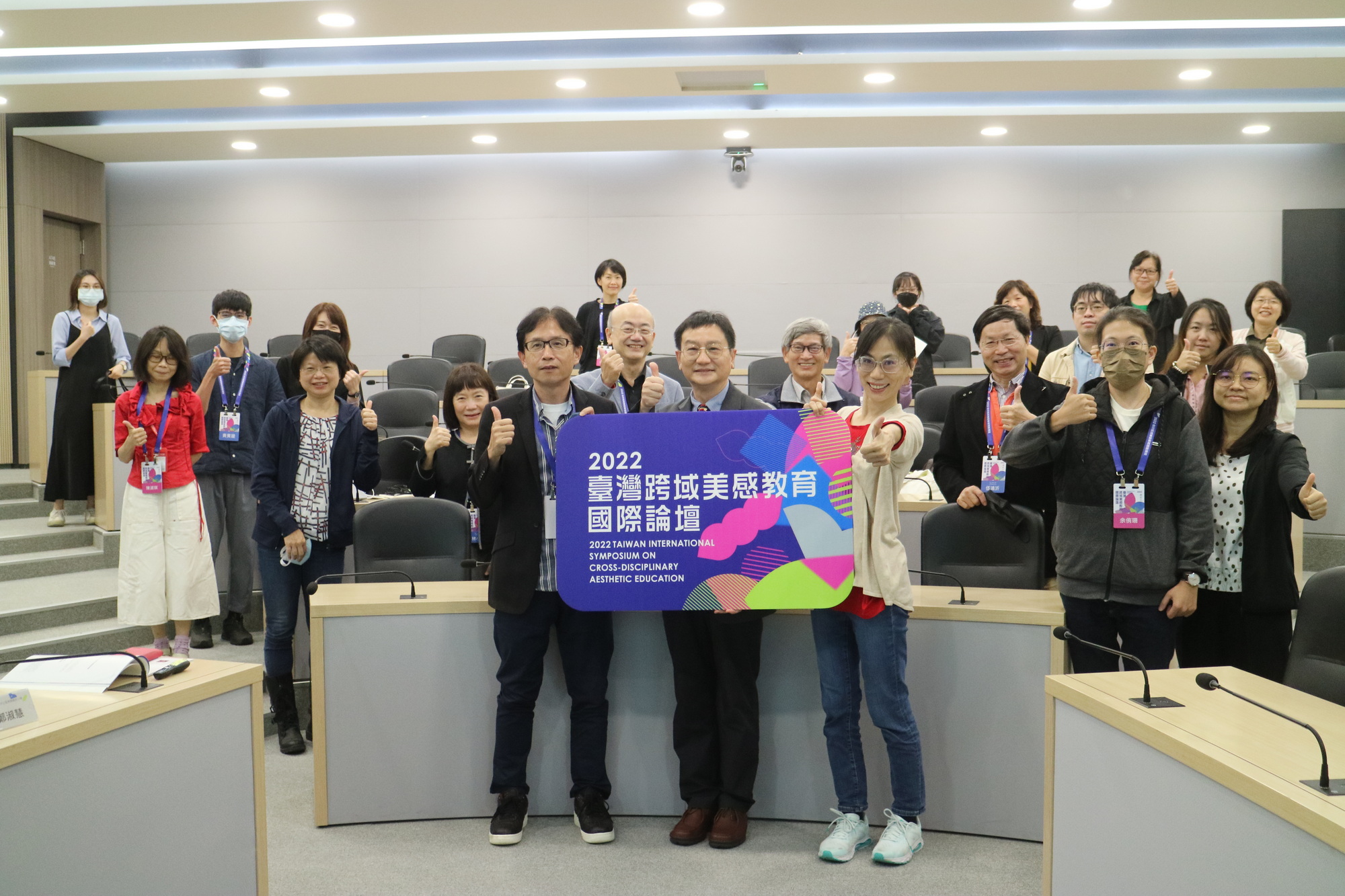
Primary and secondary schools 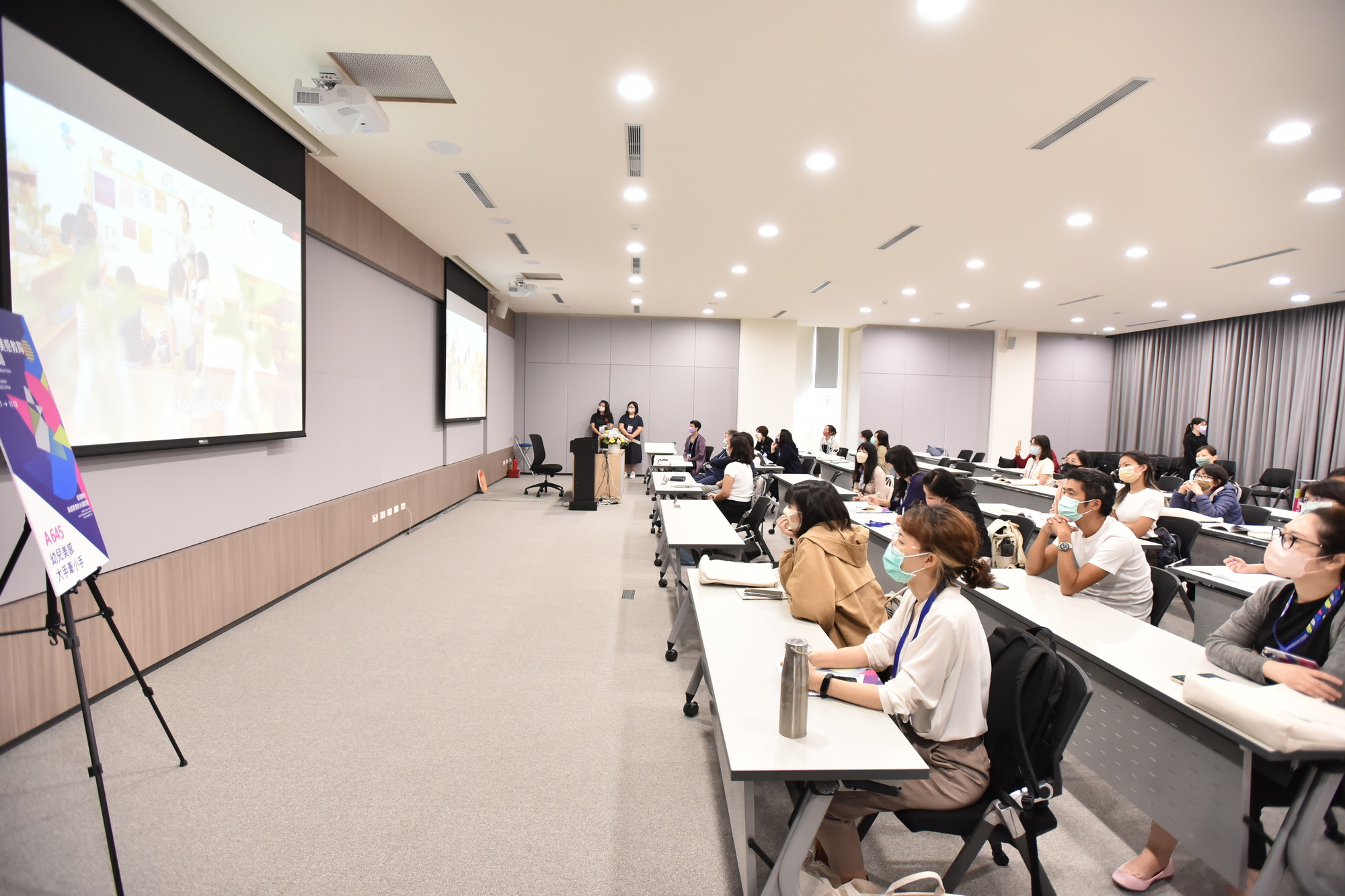
Children's sense of beauty 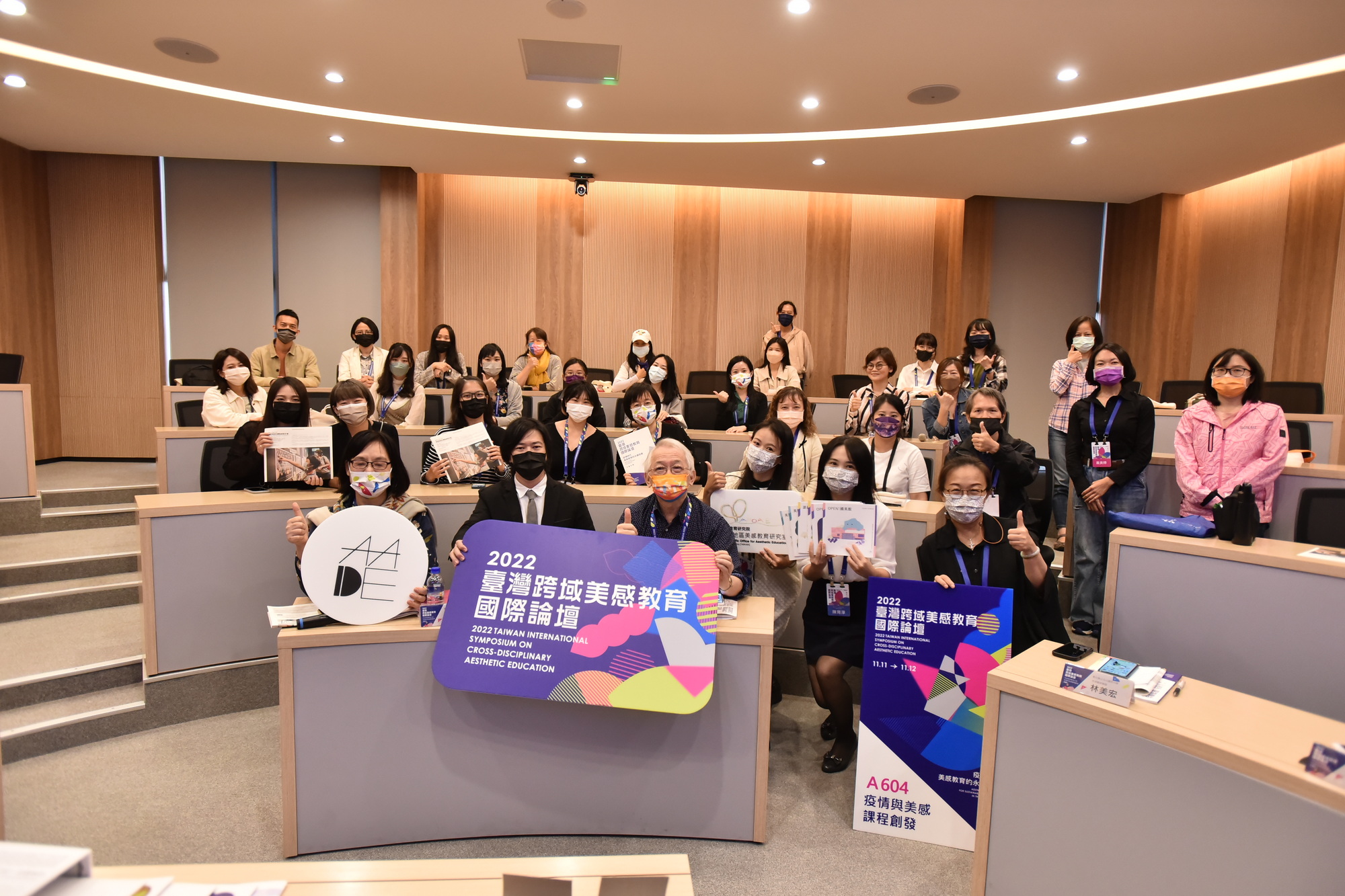
Epidemic and beauty 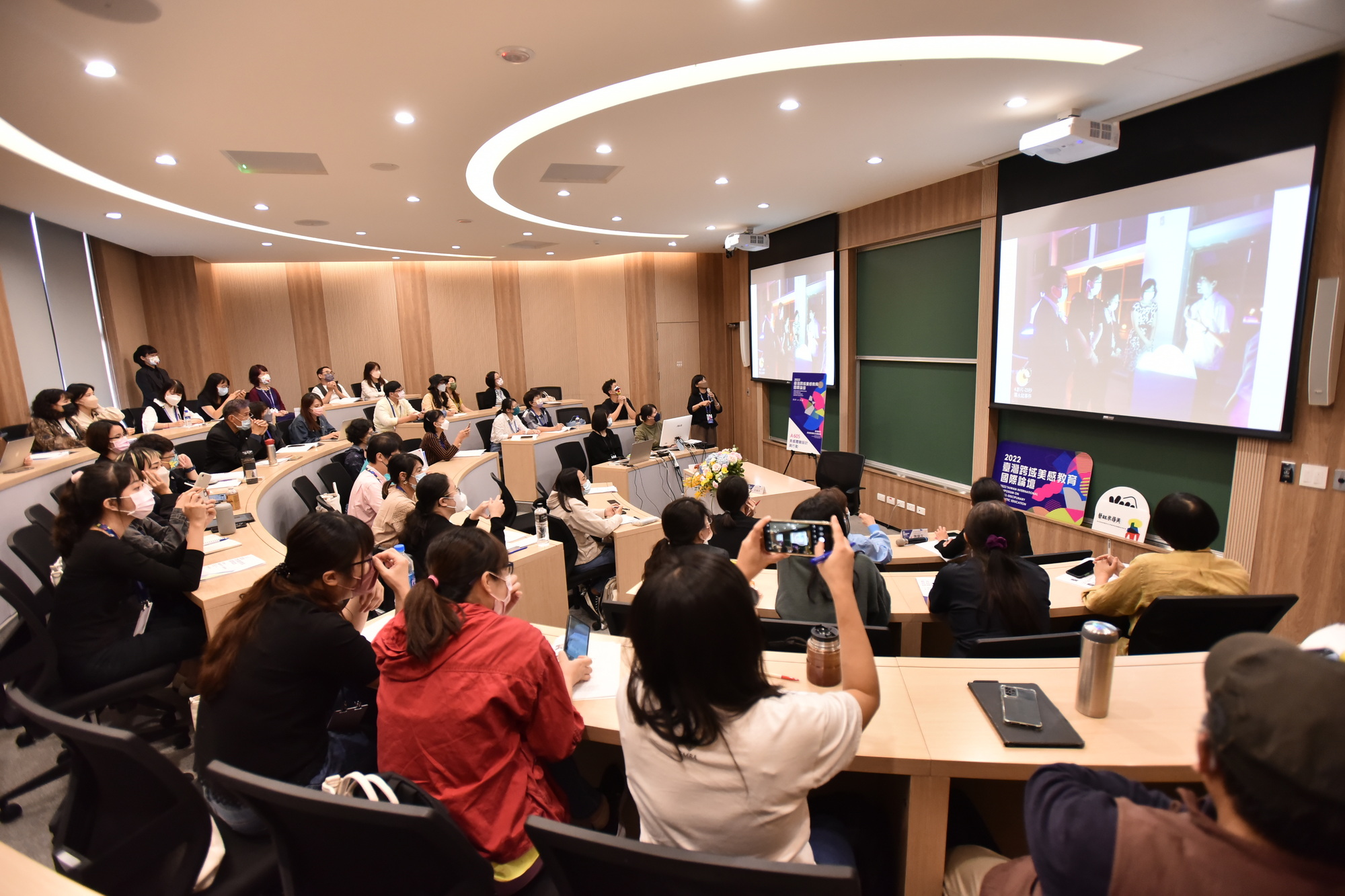
Aesthetic experience 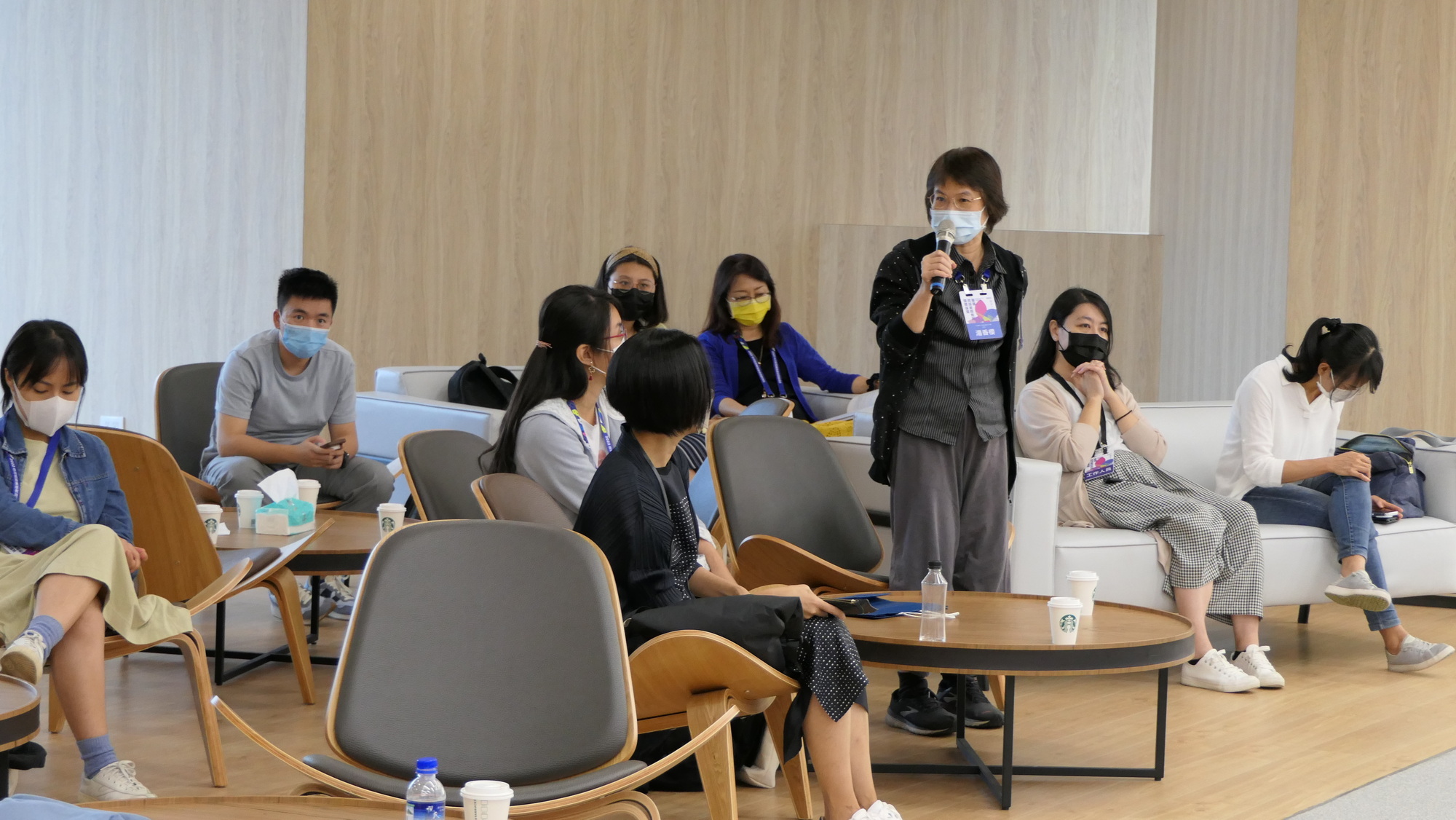
campus beauty 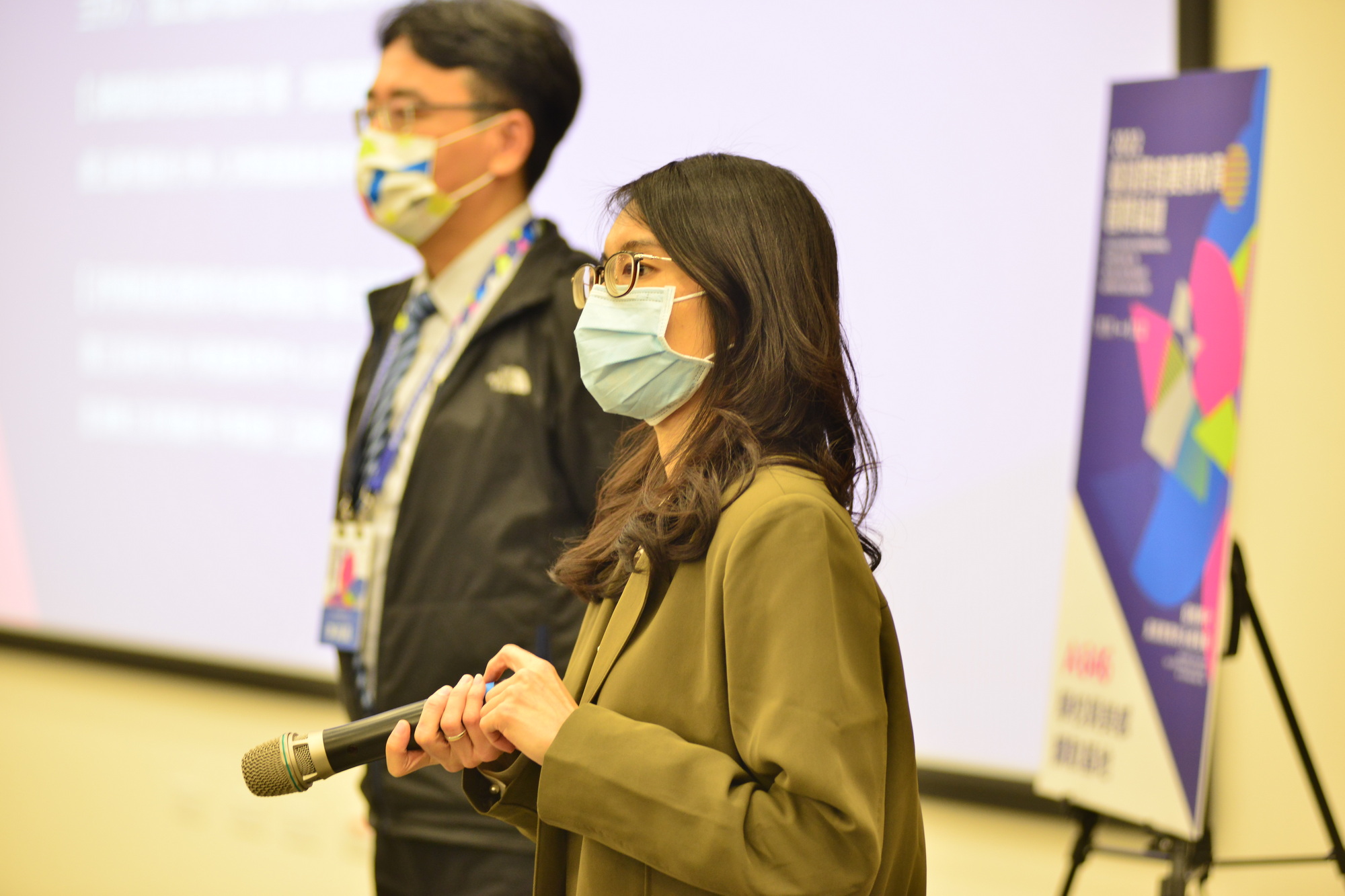
School and beauty
Citizen Forum on Aesthetic Education—Transforming Beauty into Knowledge
Moderator|Associate Professor Chen Yunwen (Performing Arts Advisory Committee of High School Arts and Life Subject Center)
"Citizen Cafe" was proposed by Juanita Brown and David Issacs. Its implementation purpose is to start a dialogue. It is hoped that through topic discussion, a group of people can sit down and listen to each other's ideas, just like drinking coffee and chatting in a cafe. Same. Through the discussion process, participants will also be triggered to reflect on the issues discussed, share knowledge with each other, and then find new opportunities for action.
This citizen forum on aesthetic education will be conducted in the citizen participation mode of the Citizen Cafe, and the topics discussed will be simultaneously opened on the website for collection, ranging from "Aesthetic Education in the Post-Epidemic Era" and "Sustainable Ways to Aesthetic Education". The relevant sub-topics classified under this category were summarized and discussed on the day of the event in an attempt to gather consensus among participants on aesthetic education issues.
<Citizen Forum e-book> (It is recommended to browse on a computer)
Table leader list:
Wu Dairong/Assistant Professor, Institute of Arts and Humanities Education, National Taipei University of the Arts
Lu Ruifen/Part-time lecturer at the Teacher Training and Employment Counseling Office of National Kaohsiung Normal University
Li Qichang/Professor, Institute of Arts and Humanities Teaching, National Taiwan University of Arts
Zhang Zhongnuan/Professor, School of Dance, National Taipei University of the Arts (retired)
Cao Yalun/Assistant Professor, Department of Early Childhood Education, National Tsing Hua University
Guo Qiongying/Head of the Department of Landscape Studies, Chinese Culture University
Deng Zongsheng/Professor, Department of Science Communication, National Pingtung University
Lai Wenjian/Associate Professor, Teacher Training Center, College of Humanities, National Taiwan University of Arts
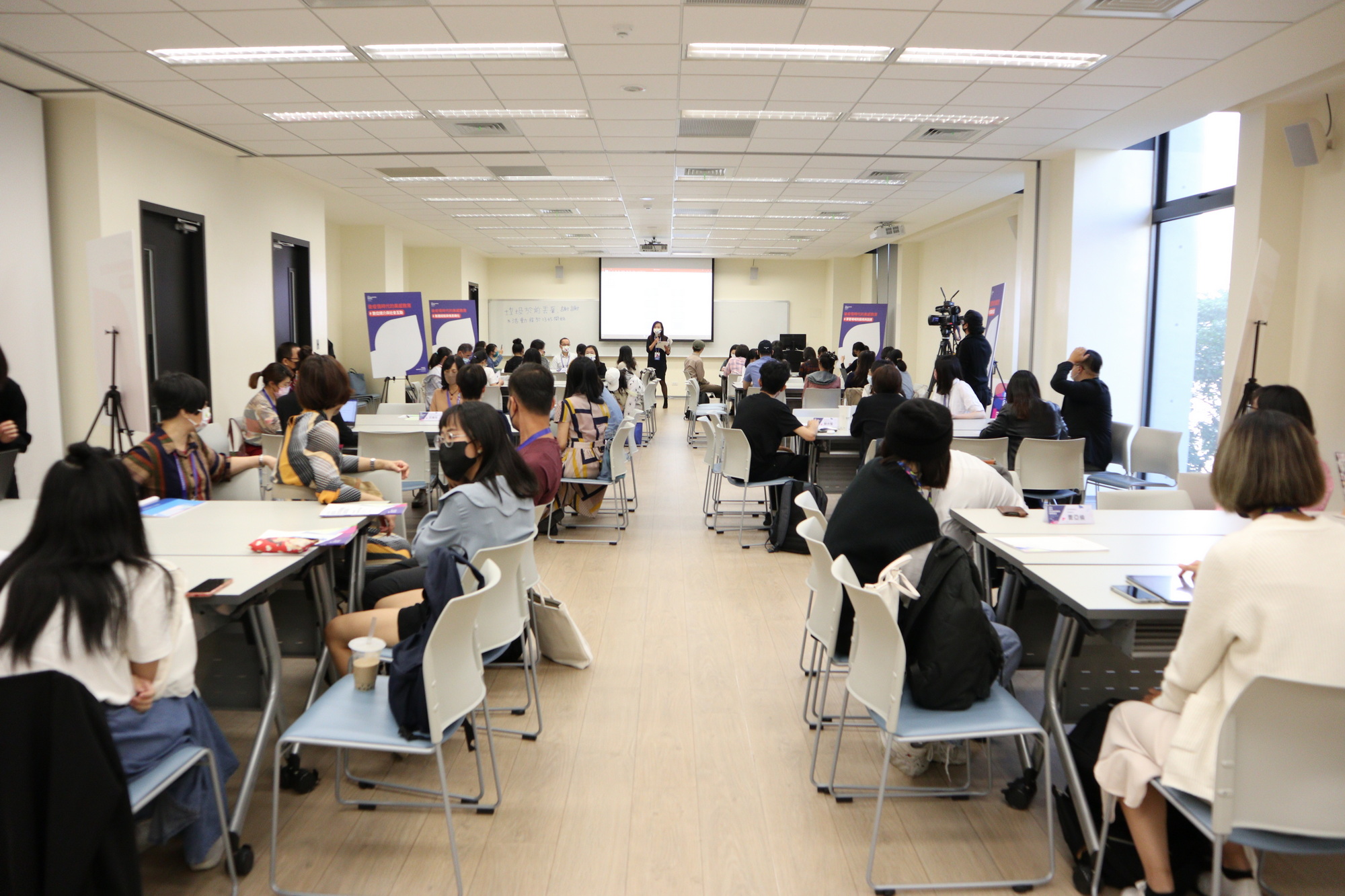
citizen forum 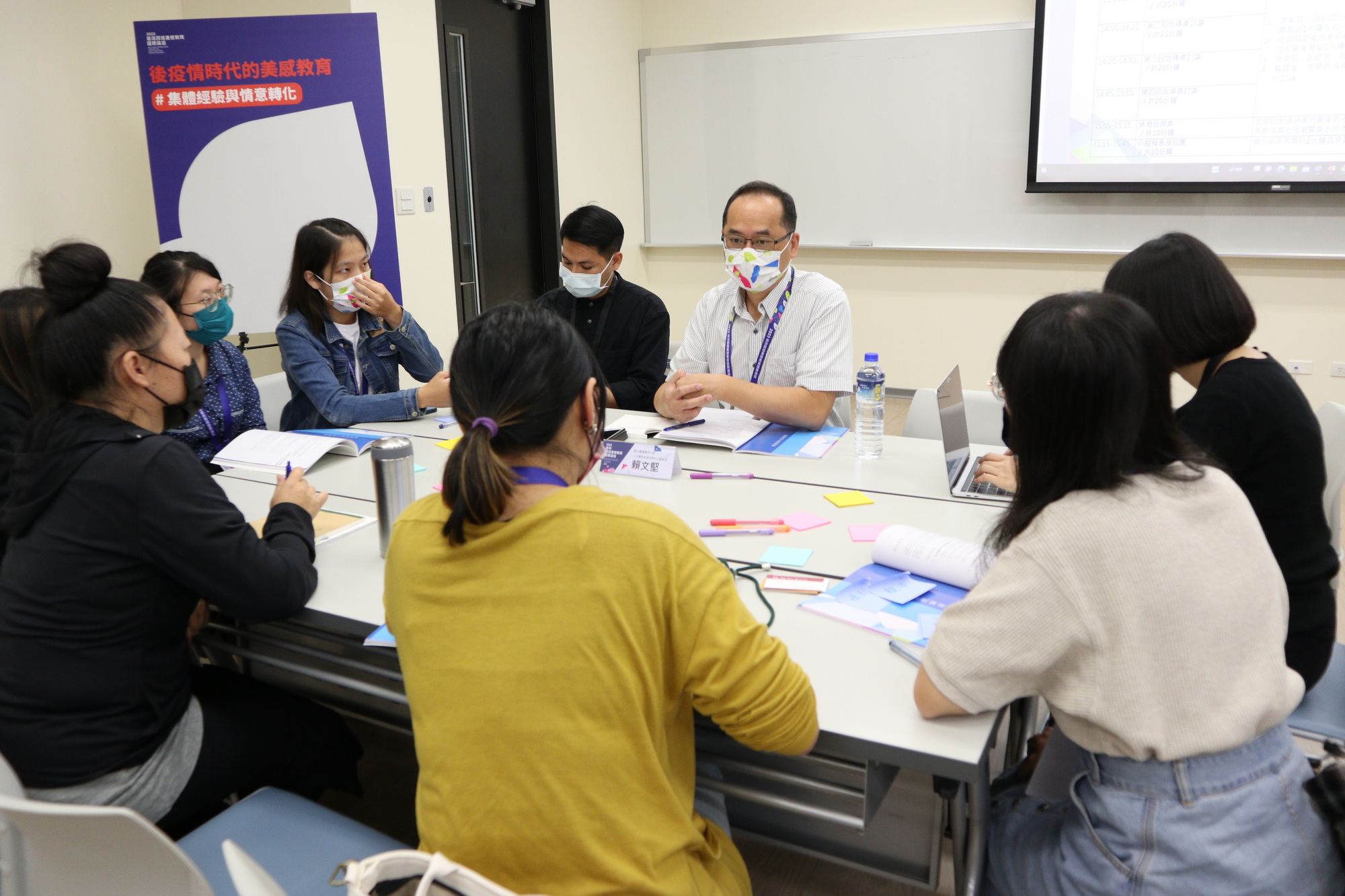
Lai Wenjian 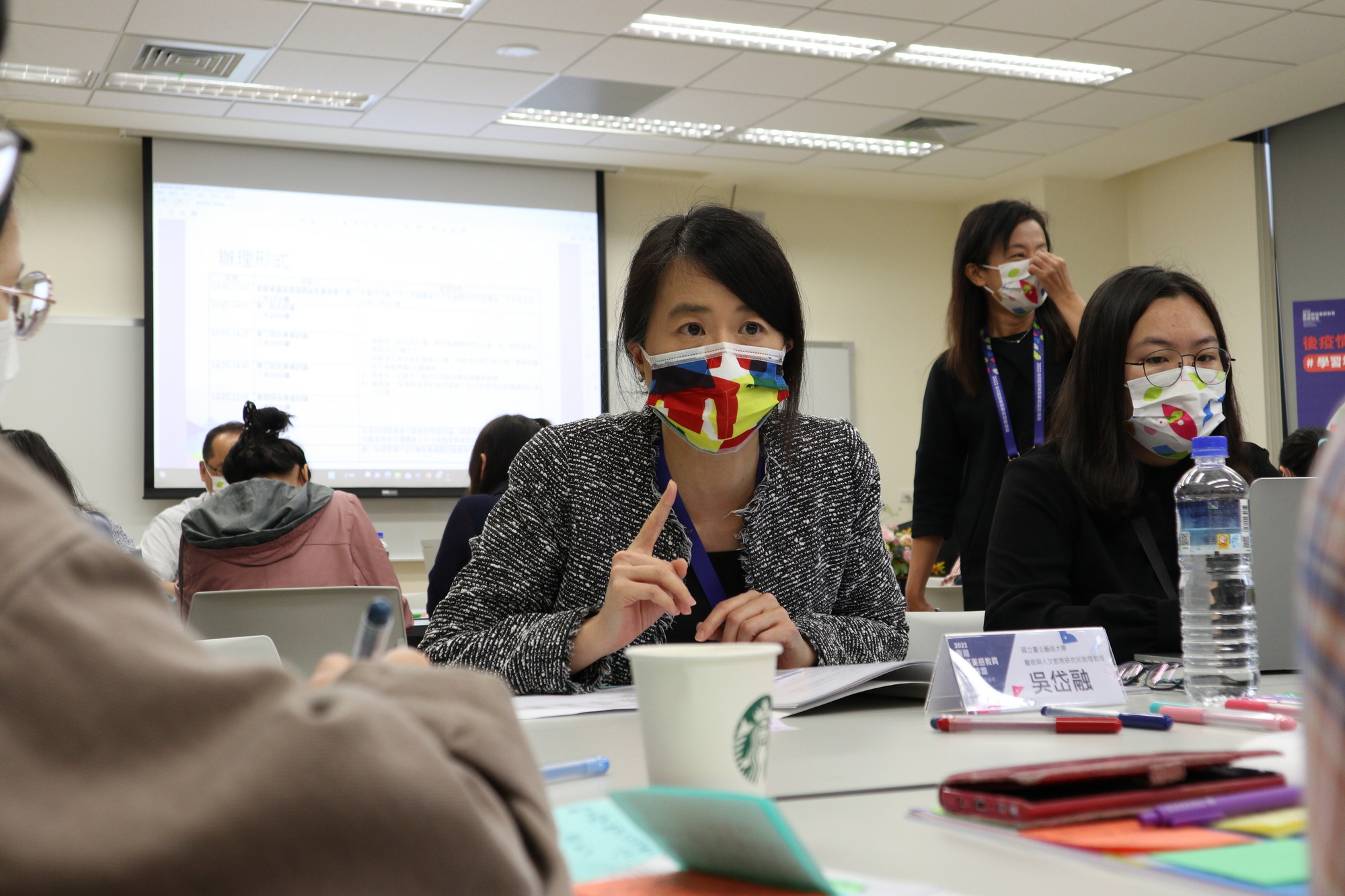
Wu Dairong 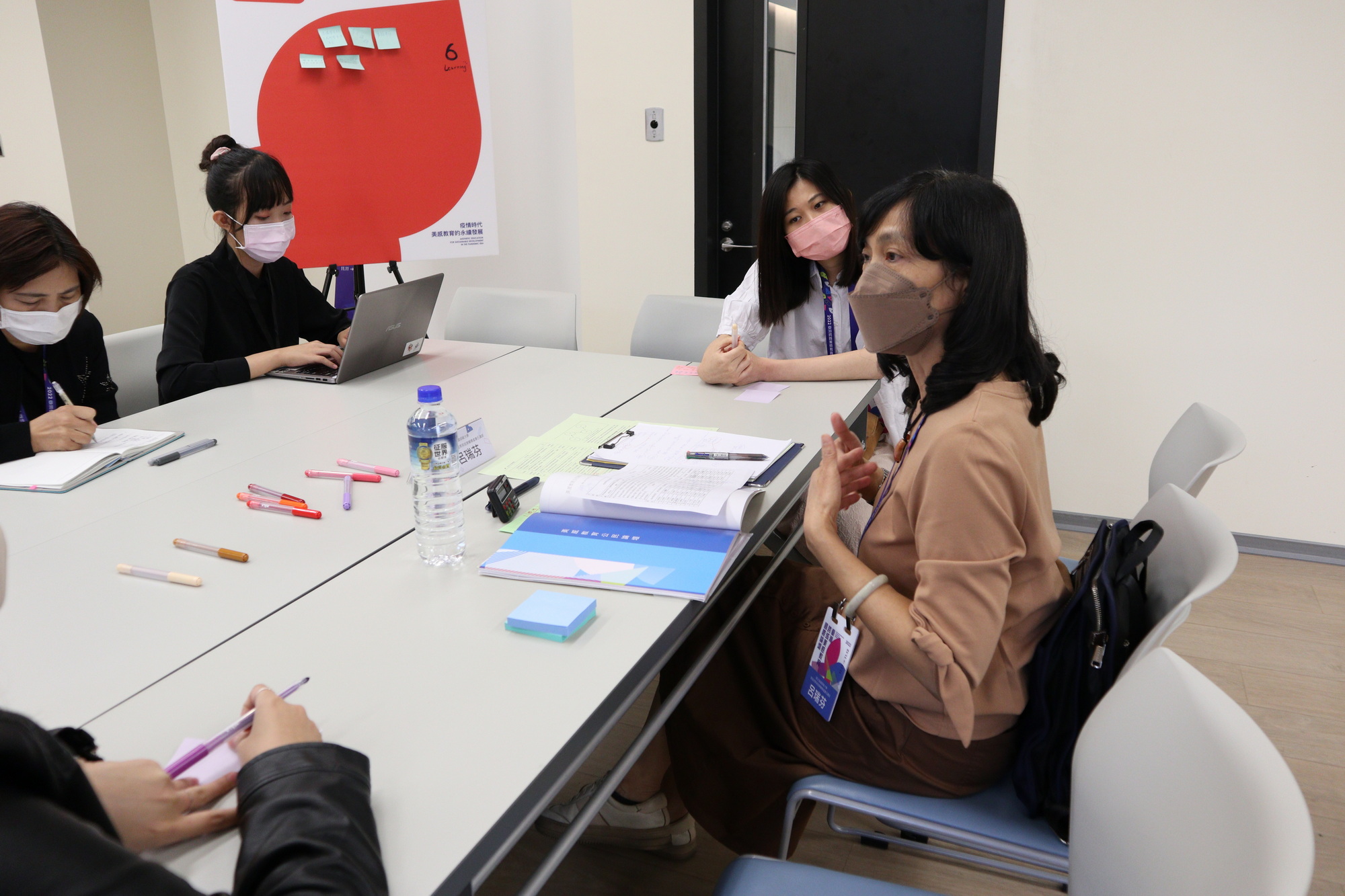
Lu Ruifen 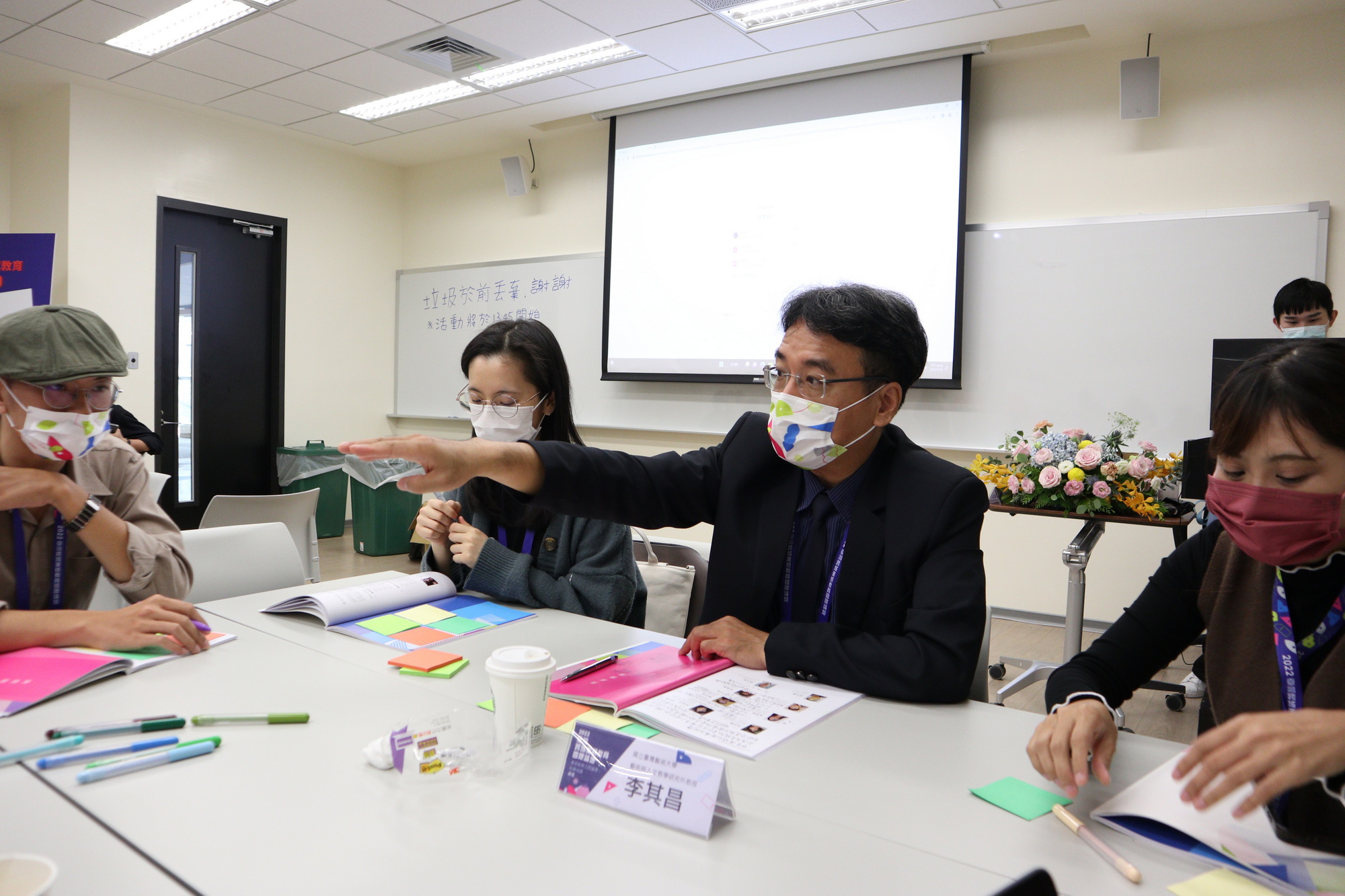
Li Qichang 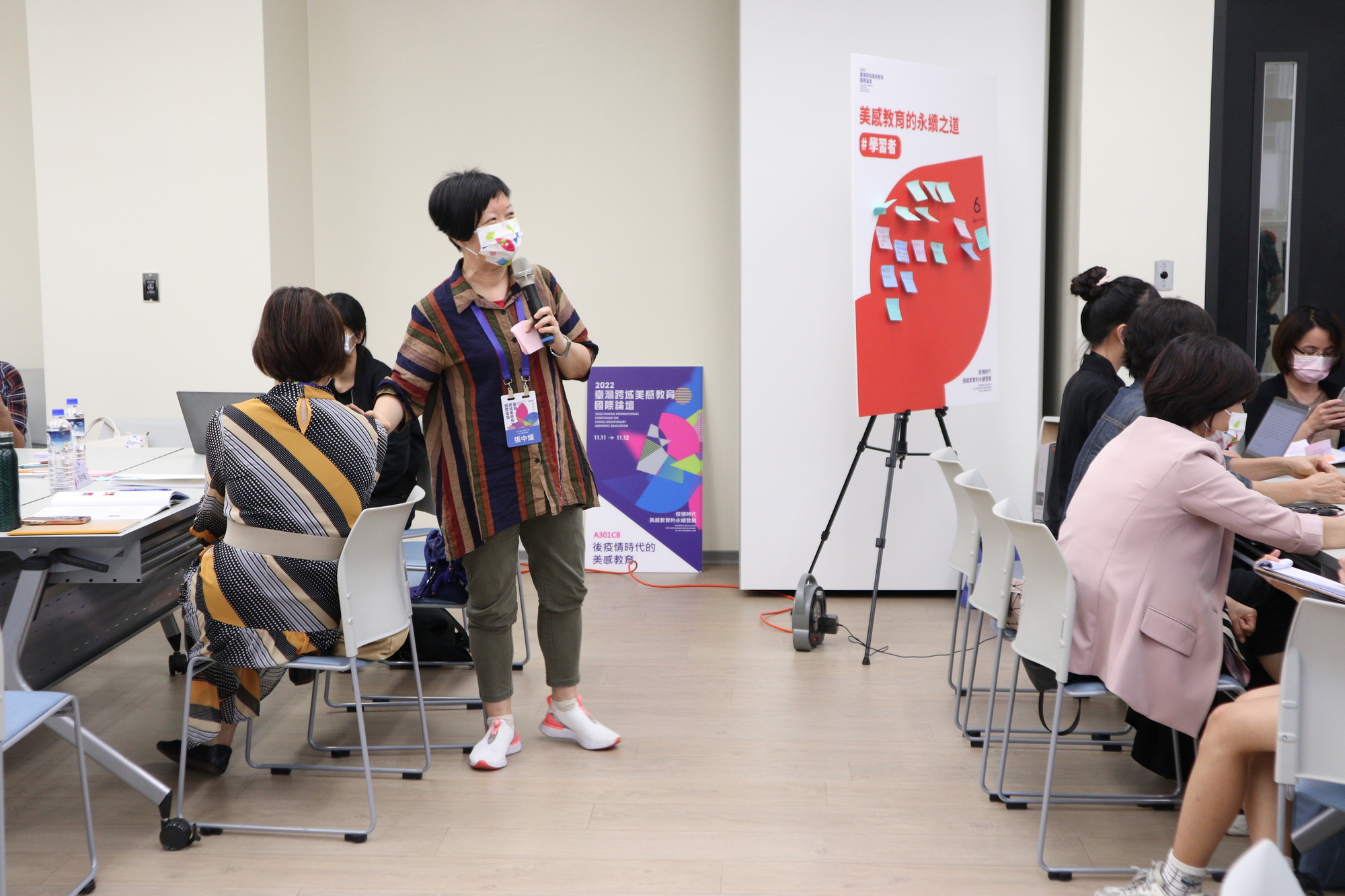
Zhang Zhongnuan 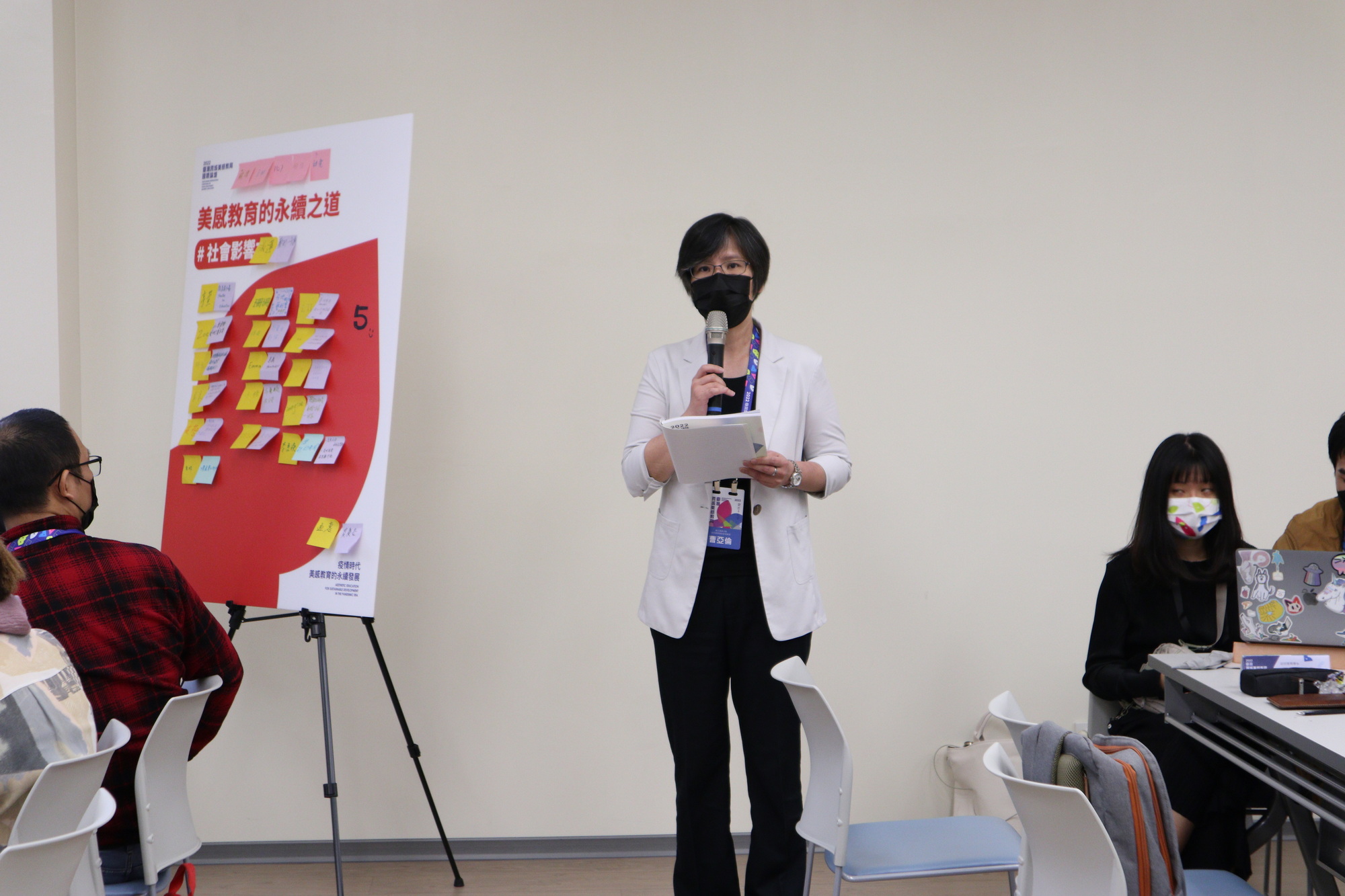
Cao Yalun 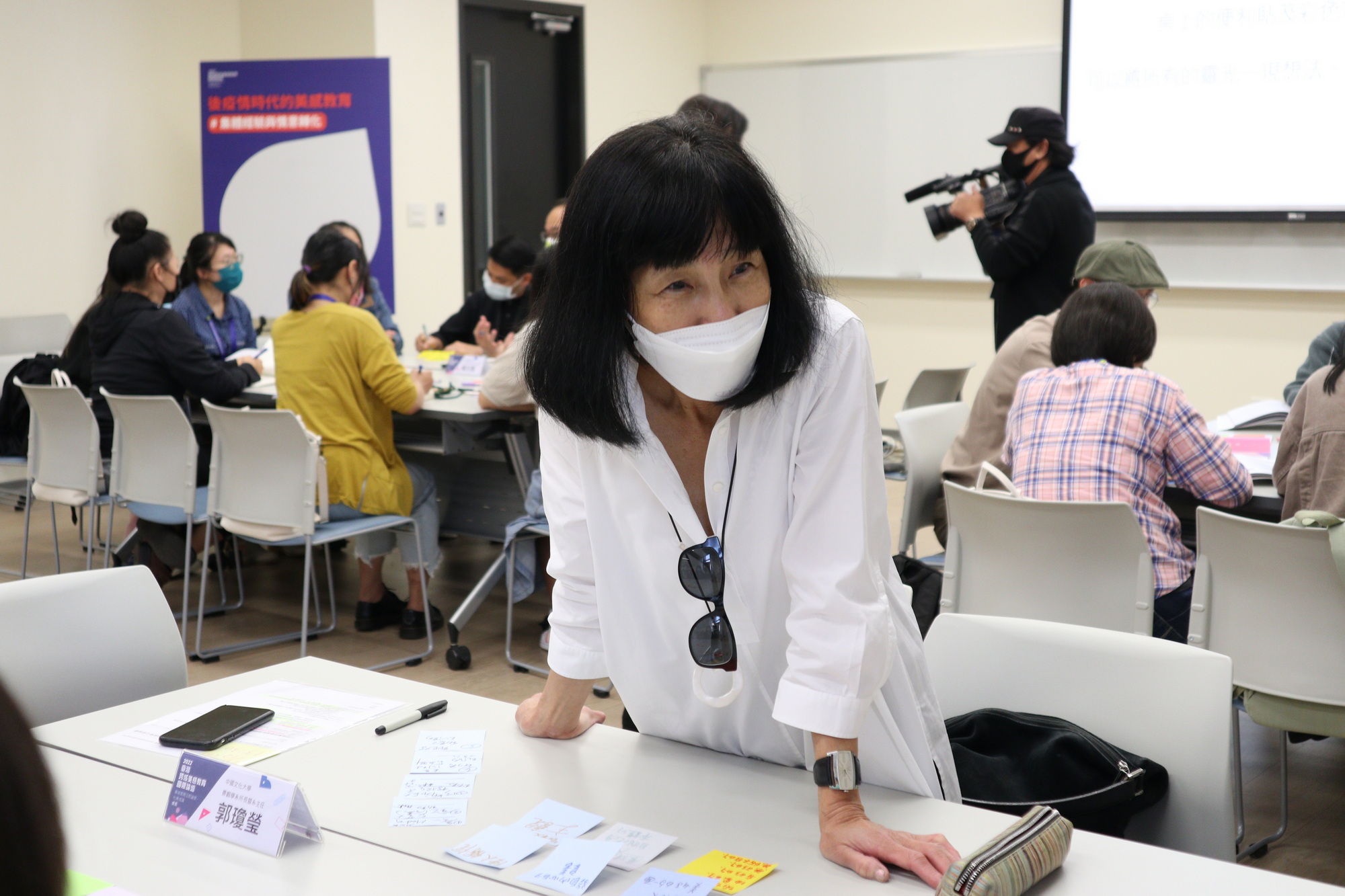
Guo Qiongying 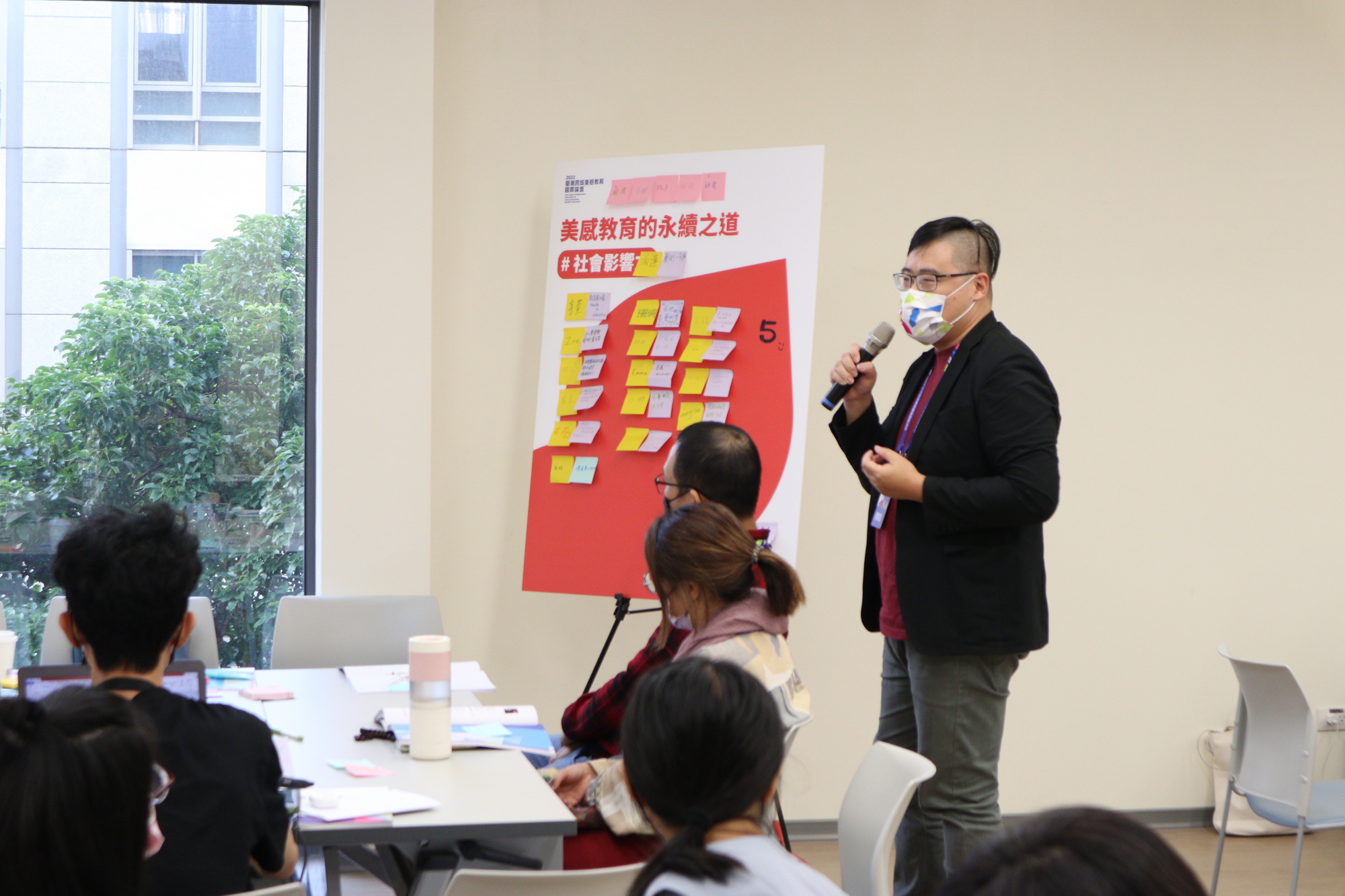
Deng Zongsheng
Aesthetic Investigation I: The Road to Liberalism
What happened before and after Wisteria Cottage was designated as a municipal historic site? What is the relationship between Zhou Dewei, Yin Haiguang, Hu Shi, Lei Zhen and "Free China" magazine? What kind of political storm has Professor Ma Tingying experienced since coming to Taiwan? In addition to ordinary criminals, there are many people imprisoned in the Taipei Prison for political, rebellion, and war incidents. Although only the northern wall and the door for transporting the corpses of executed prisoners are left in this stone prison, these stories are still there today. It is still inspiring and makes the public think deeply.
Moderator|Professor Chen Chundi (Department of Art and Design, National Taipei University of Education)
Speaker|Jian Zhaocheng (Water Bottle) (Chief of Qingtian Qiliu Culture)
Speaker|He Liangzheng (Guidance Lecturer of Taipei Municipal Archives)
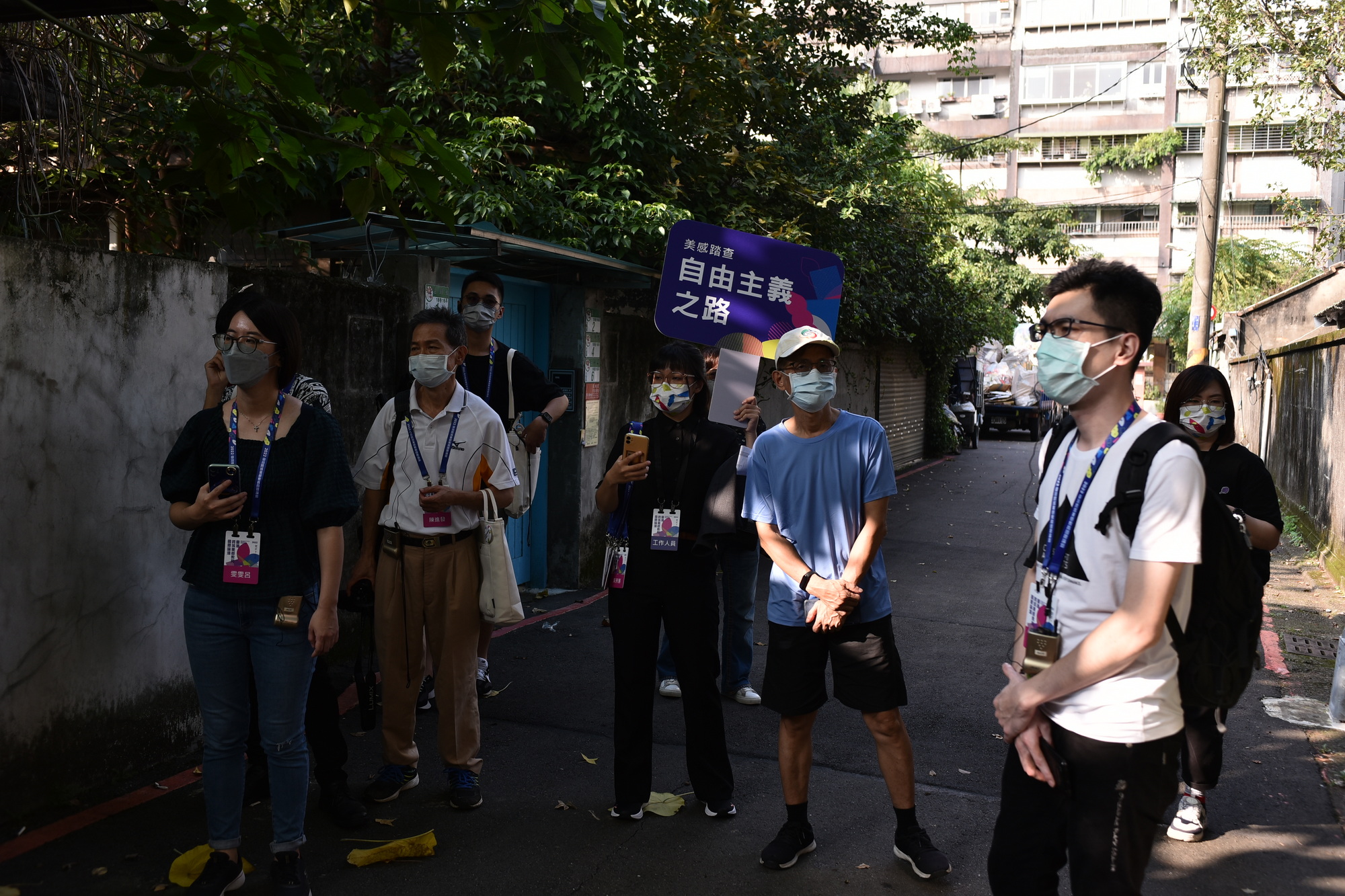
Aesthetic Survey II: Wenroding Waterfront Map
With the passage of time and space, the cement-colored Taipei cityscape marked by 101 has made it difficult to imagine that this big city was once a farmland with crisscrossed waterways intertwined by Wuli Xuezhen, Daping Linzhen and Rugongzhen. ; Where have these three major lines that intersected all the way north from the Dapinglin area and run through the entire Taipei disappeared to? Following the branch lines of Xue Zhen buried in the second fog in Jinhua and Yongkang neighborhoods, the answer may be Emerged quietly.
Moderator|Professor Gao Zhenfeng (Department of Visual Arts, Taipei City University)
Speaker|Hong Xingru (Golden Seed Co., Ltd.)
Speaker|Yang Qingming (Golden Seed Co., Ltd.)
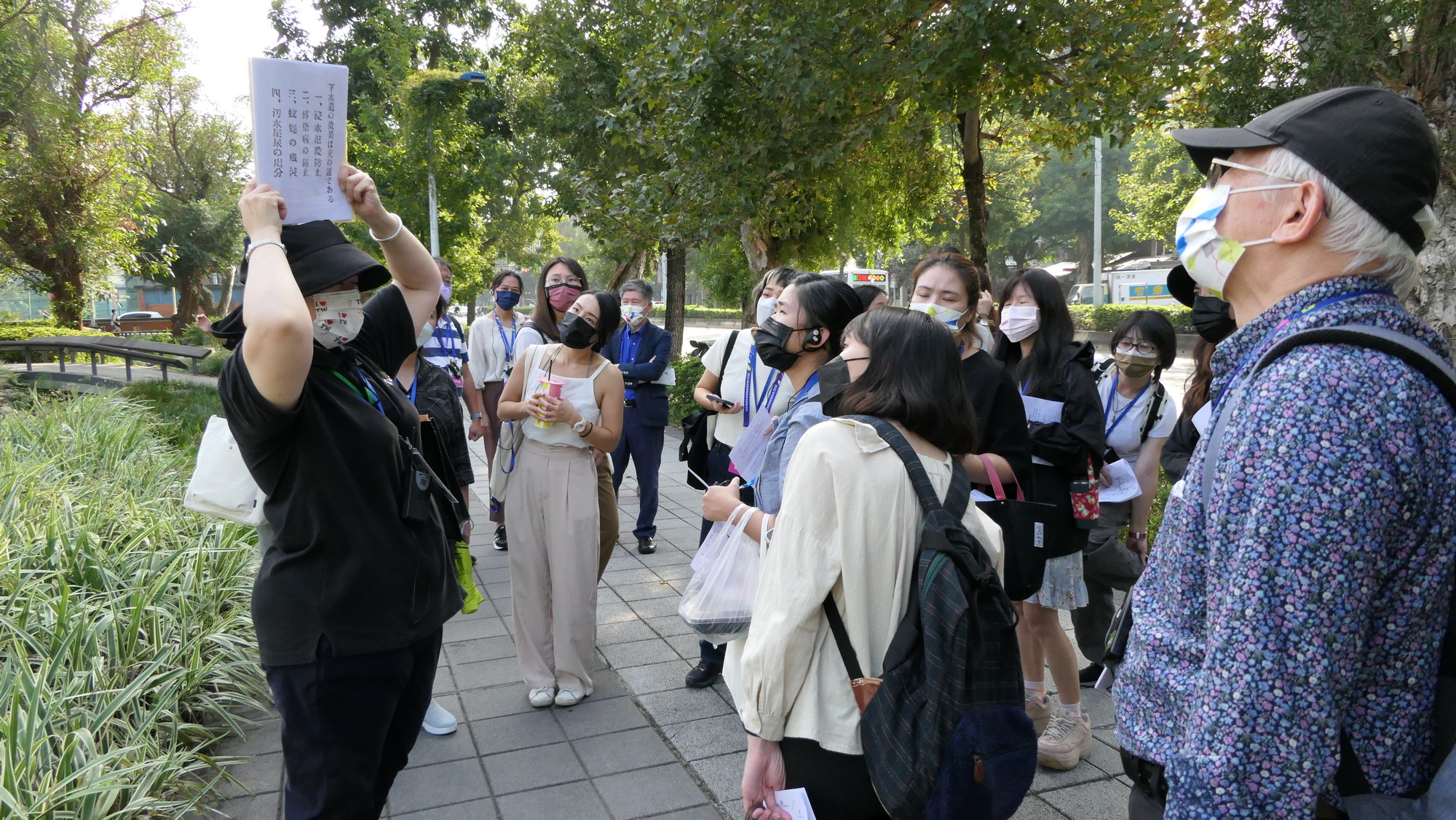
Comprehensive discussion and closing ceremony
Moderator|Wang Shujuan (Deputy Director of the Department of Teacher Training and Art Education, Ministry of Education)
Talking person|
- Lin Shaoren/Provost of National Taipei University of the Arts
- Lin Meijun/Dean of the School of Arts, National Tainan University
- Hong Yongshan/Researcher at the Curriculum and Teaching Research Center of the National Institute of Education
- Qi Zhigang/Assistant Professor, Department of Architectural Design, Shi Shi University
- Zhao Huiling/Professor, Department of Fine Arts, National Taiwan Normal University
- Liu Huiyuan/Associate Professor, Department of Industrial Product Design, Shiji University
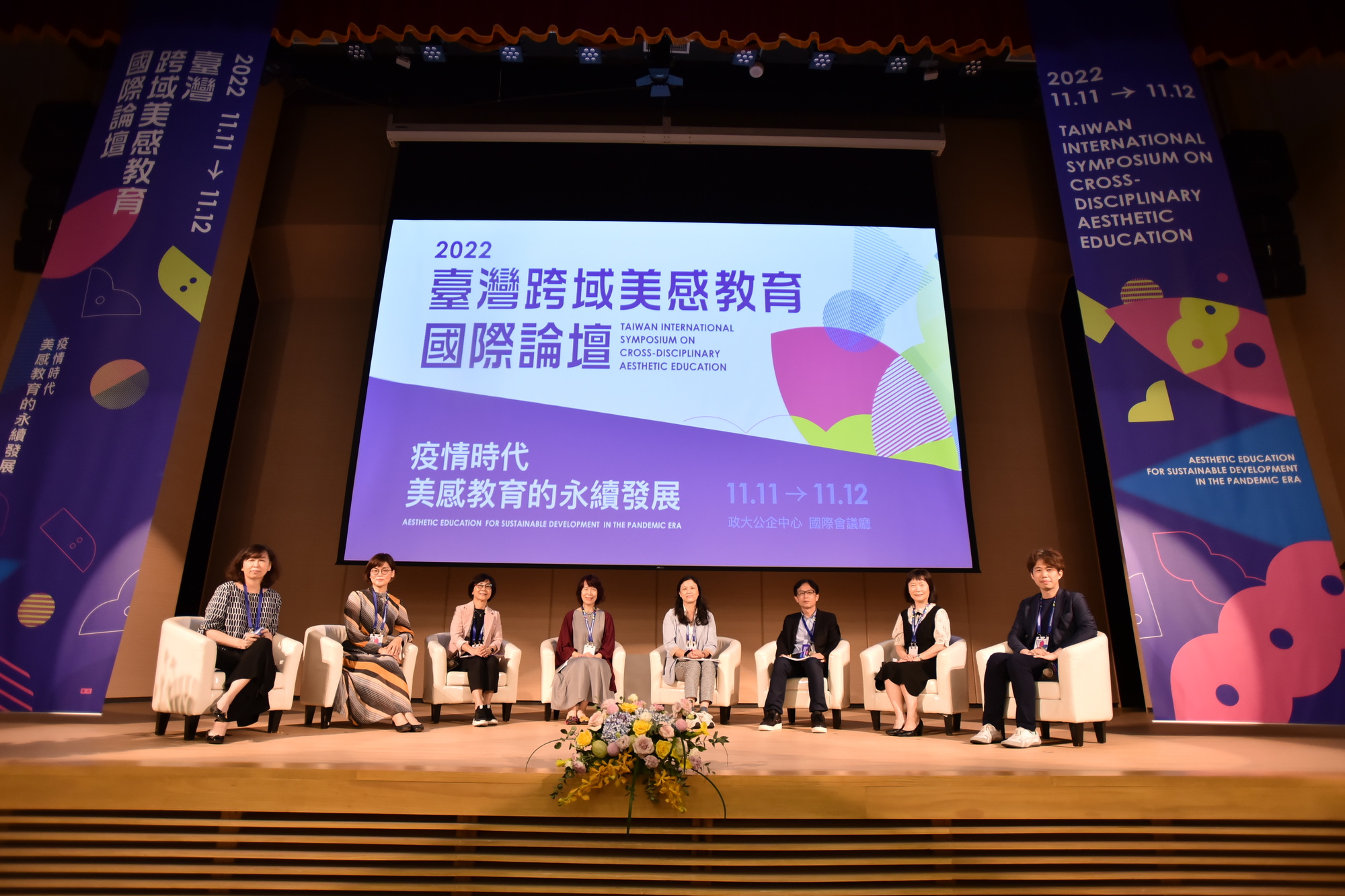
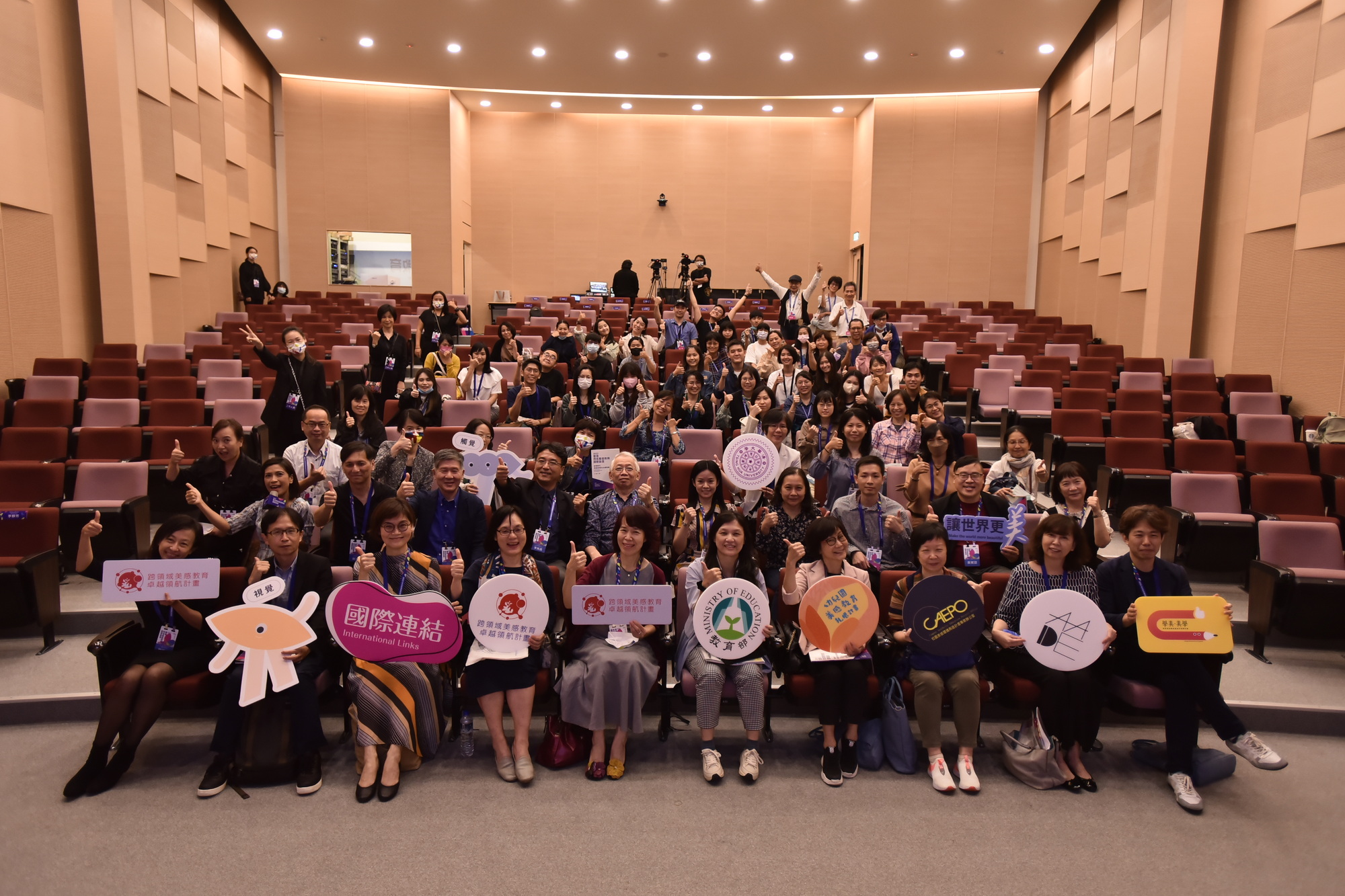
Guidance unit|Ministry of Education
Sponsor | Cross-field Aesthetic Education Excellence Pilot Project

